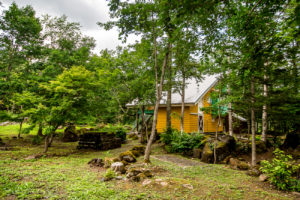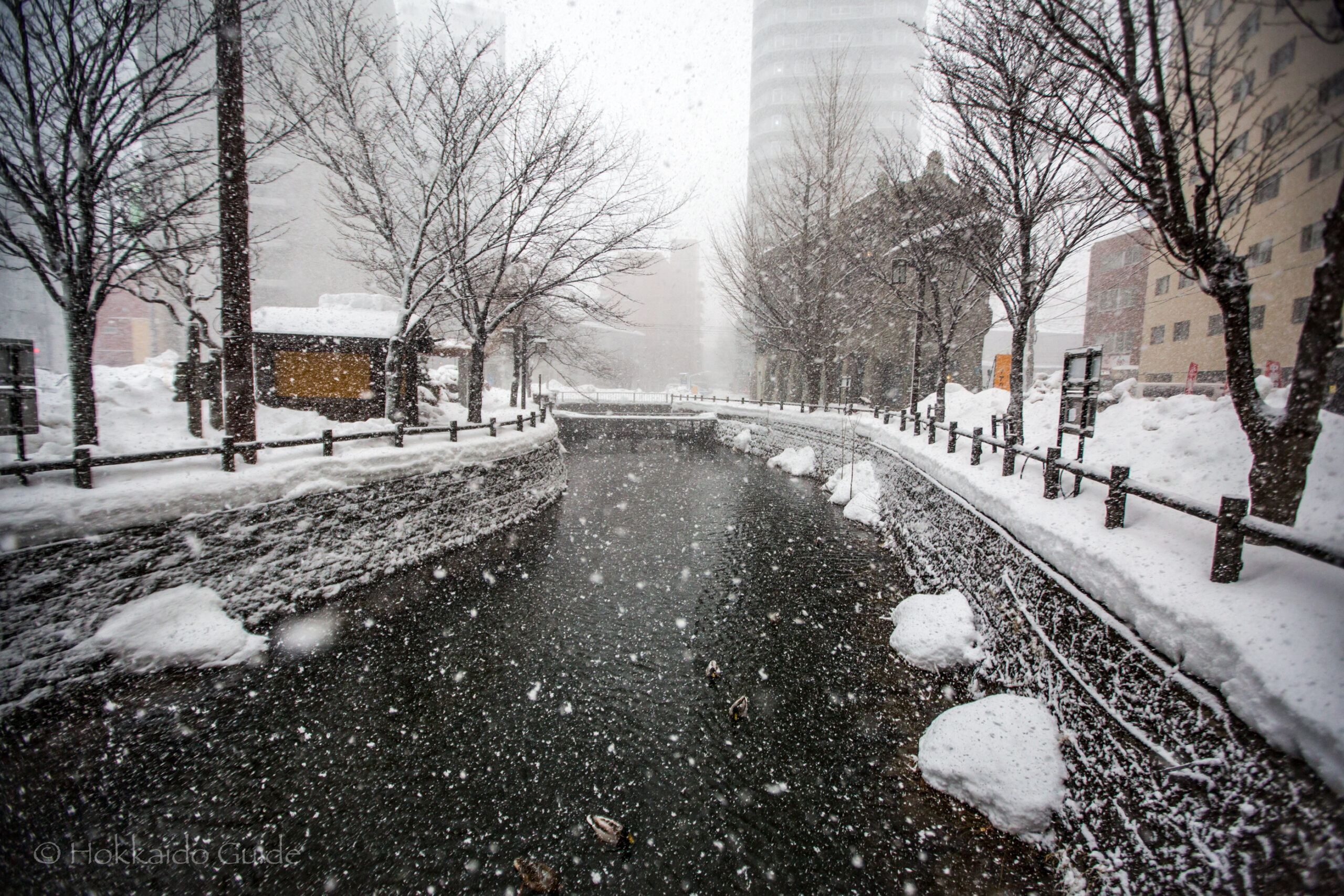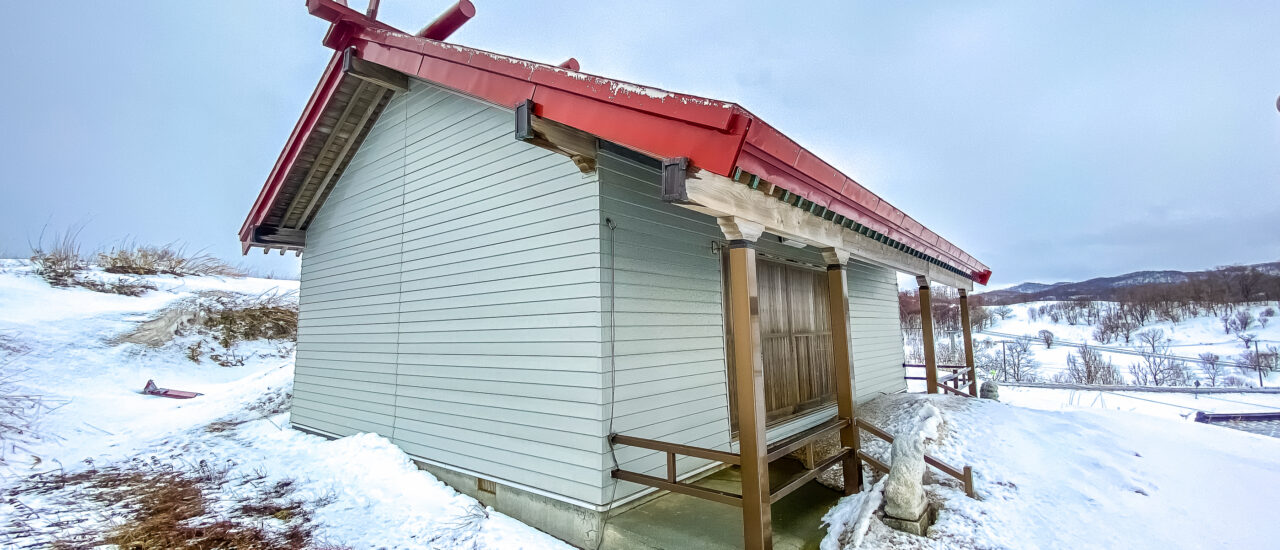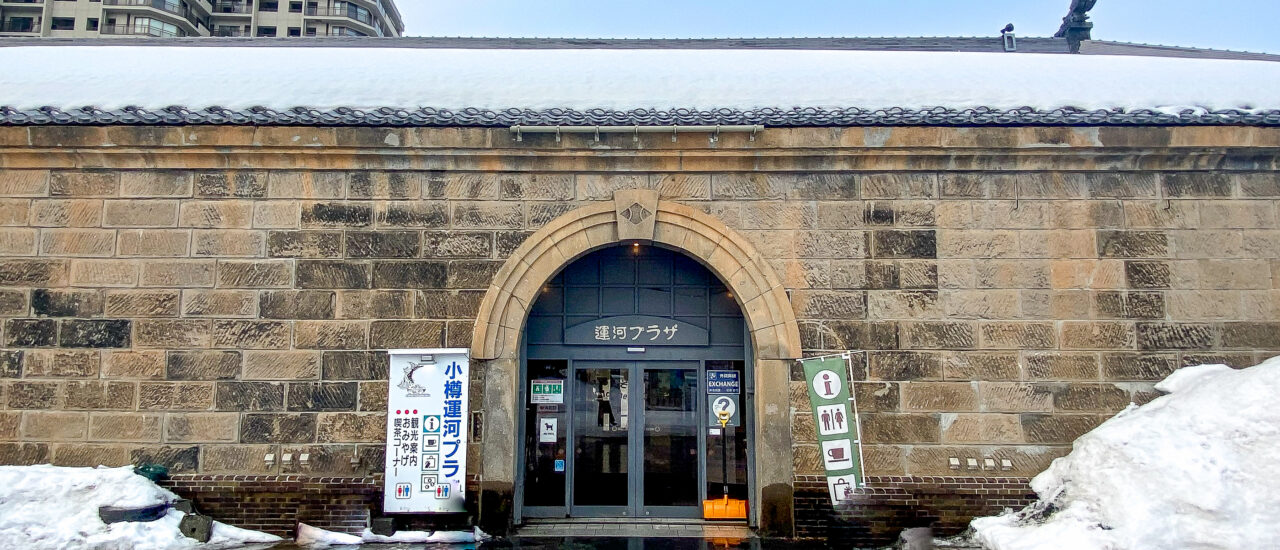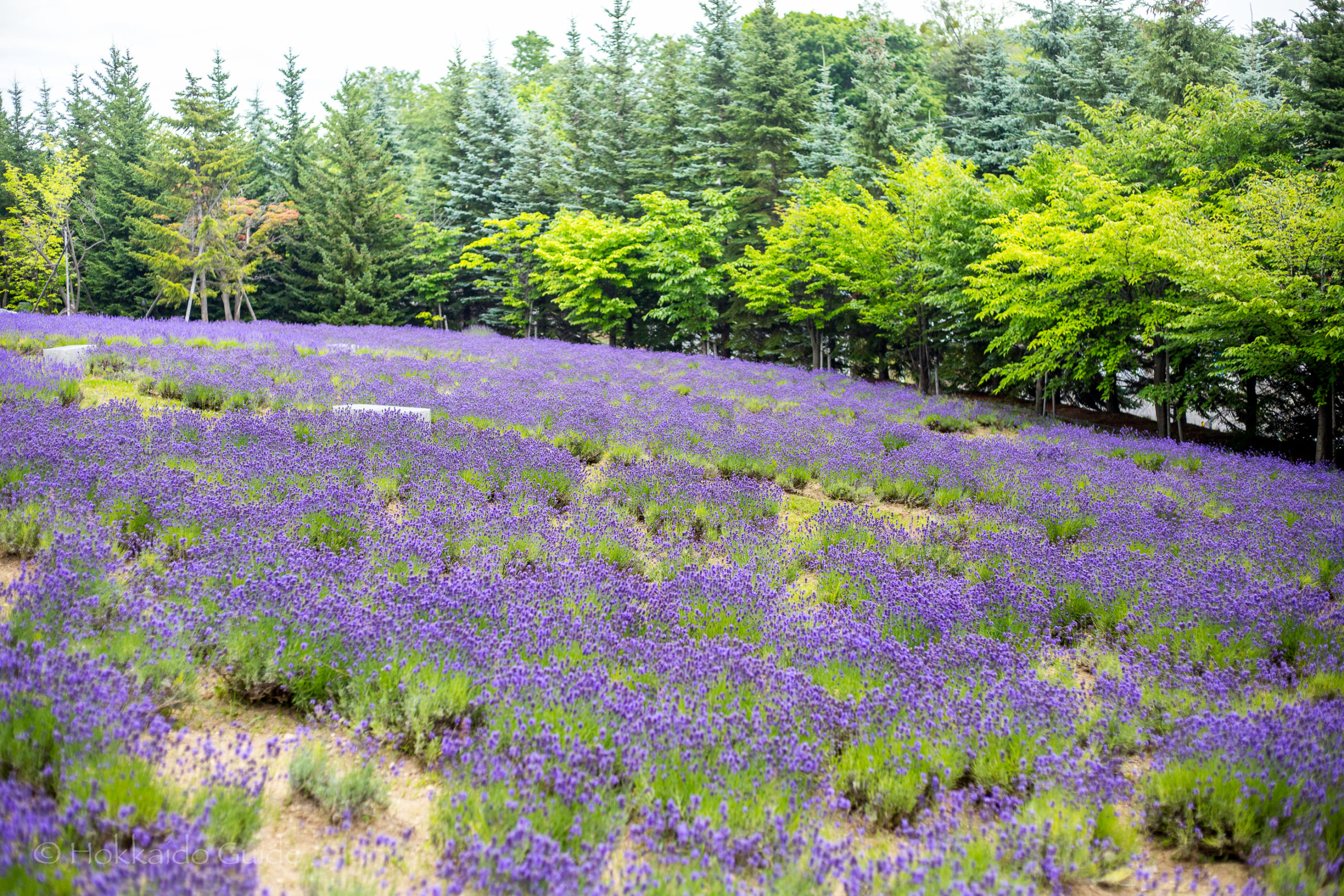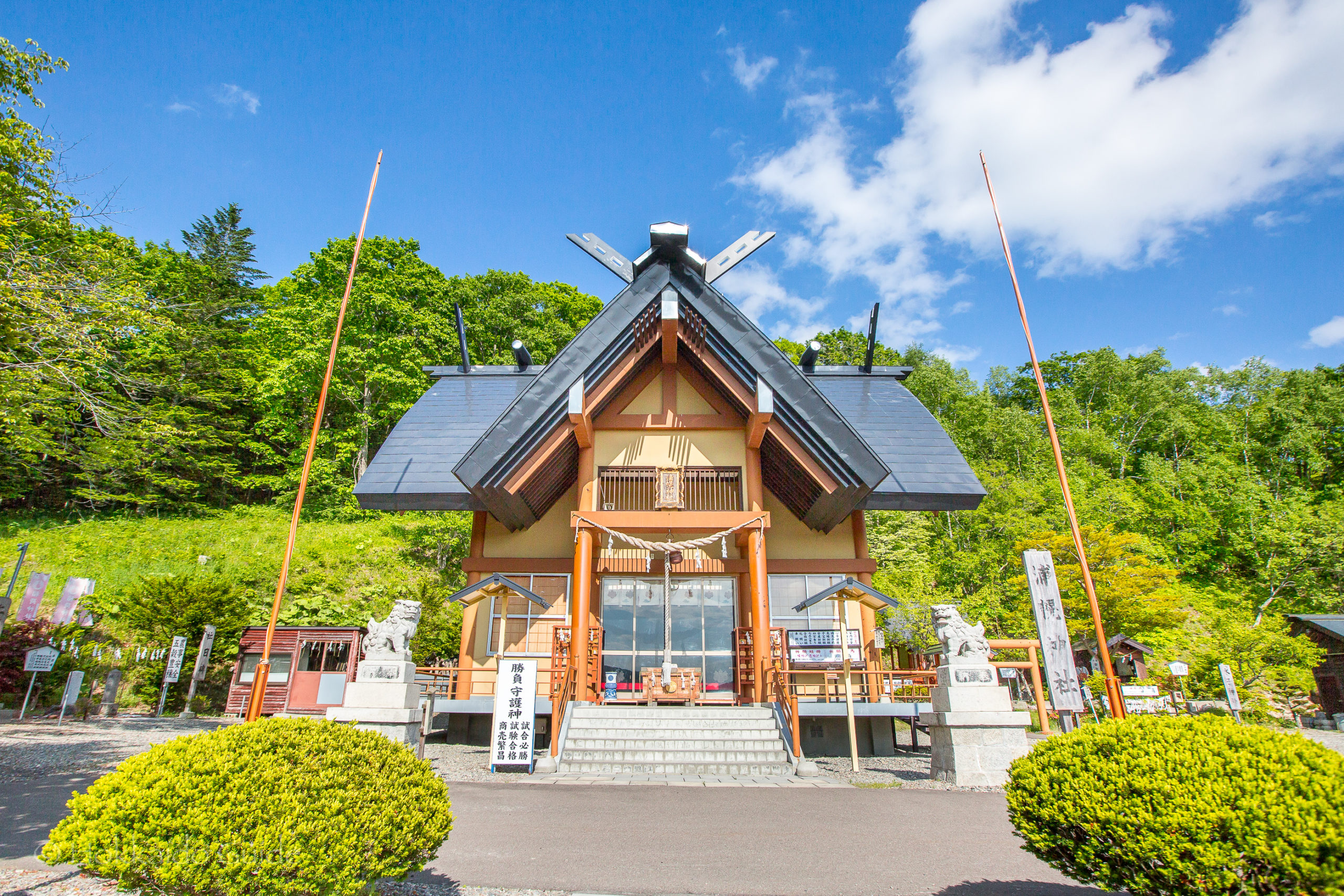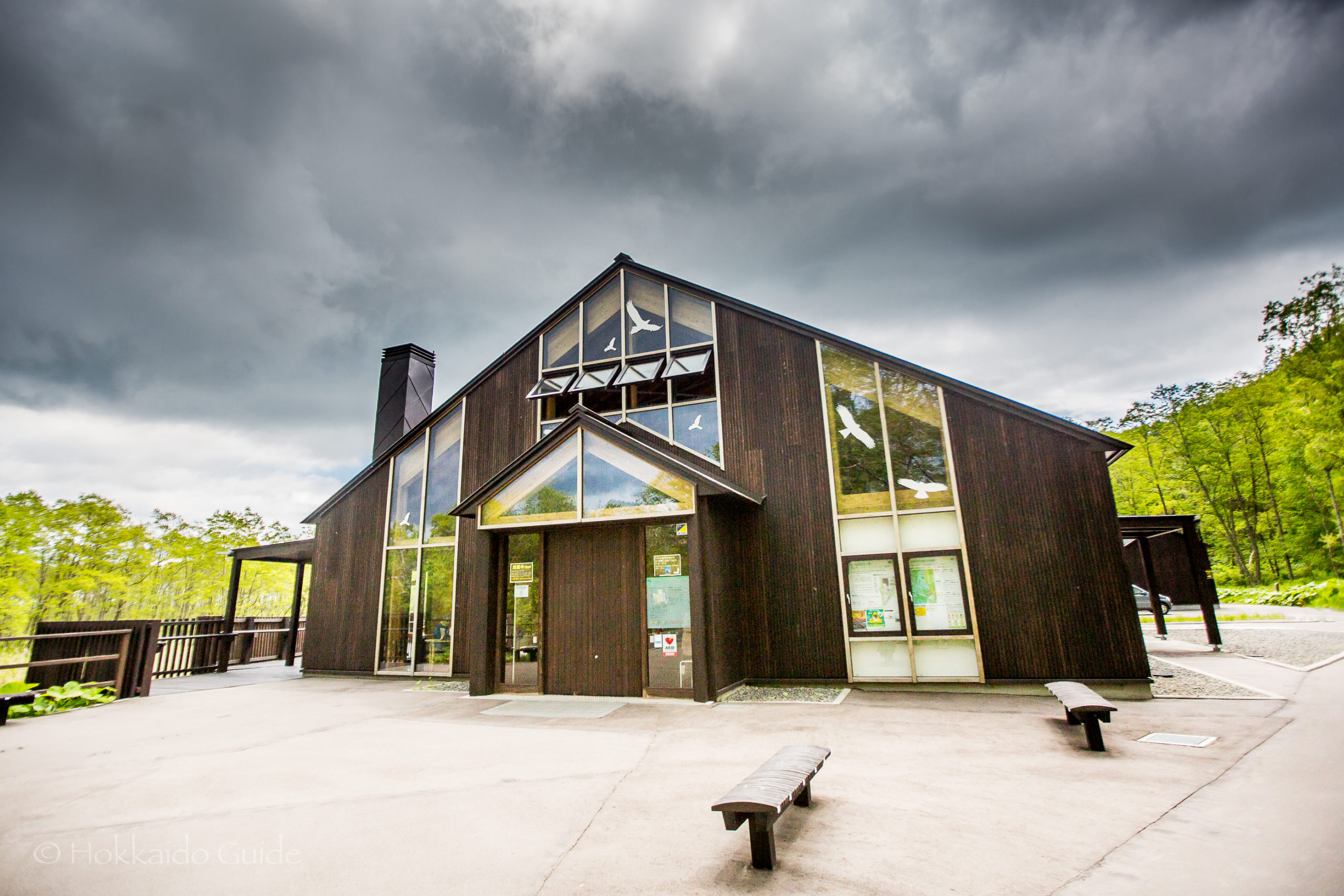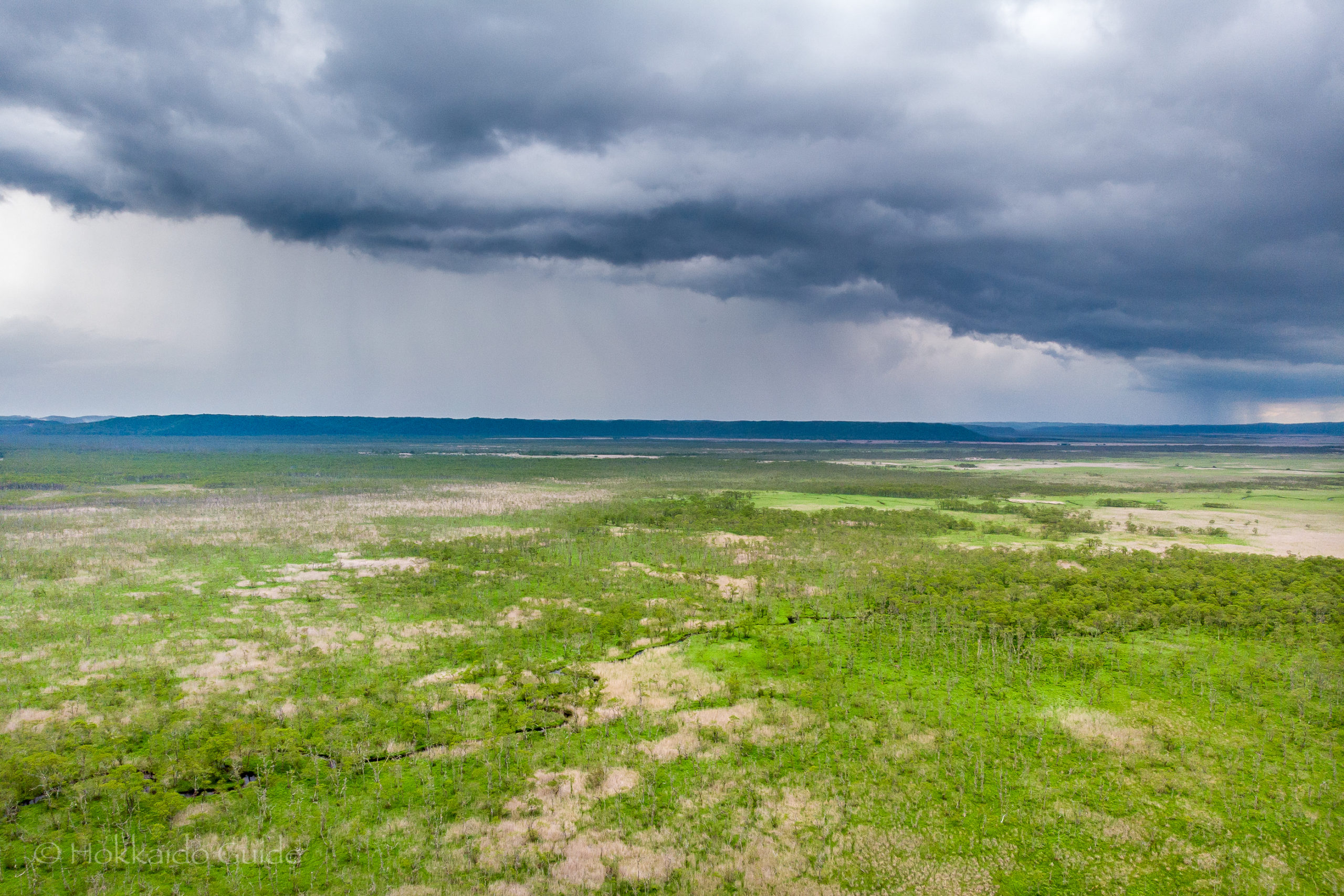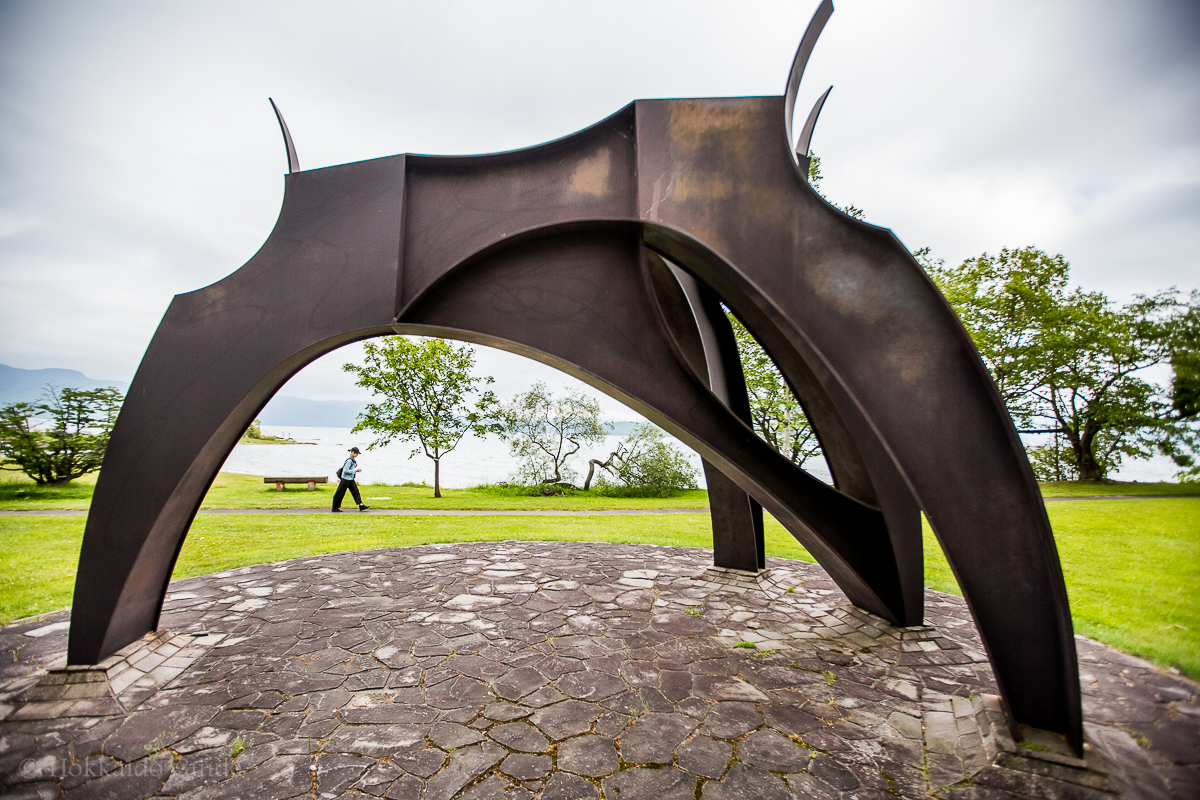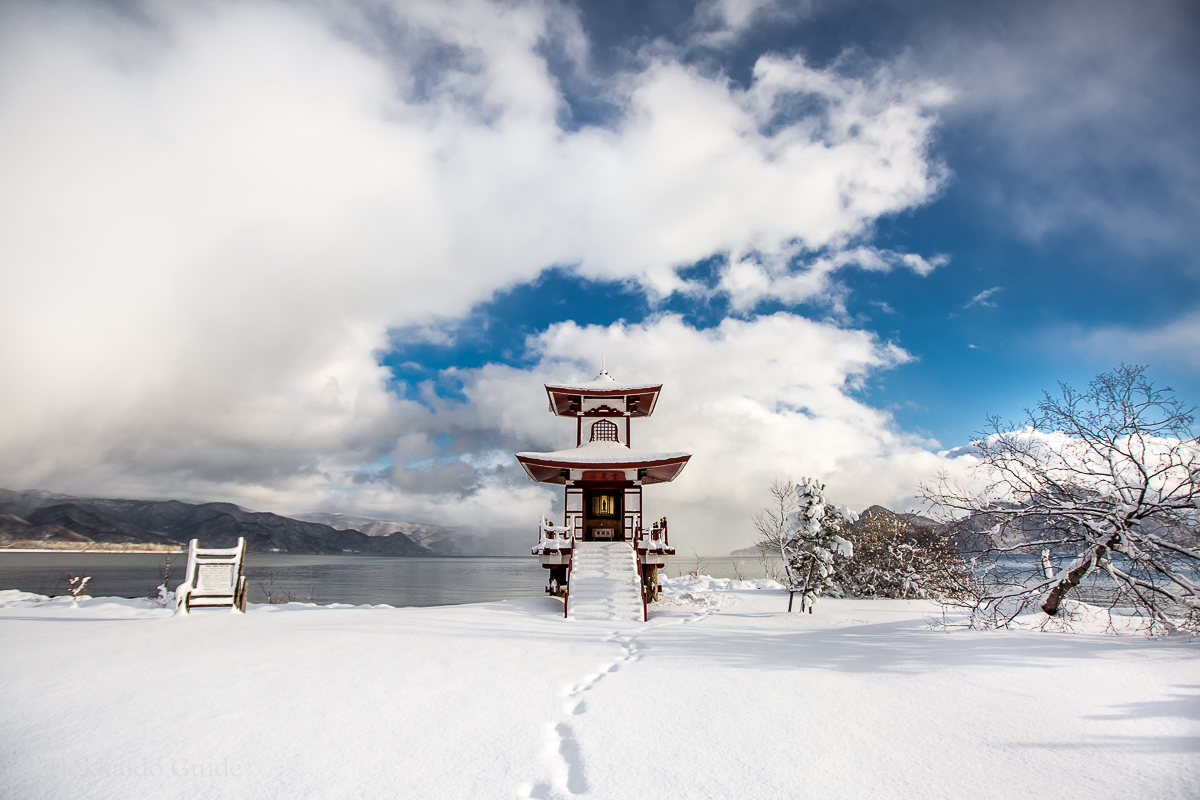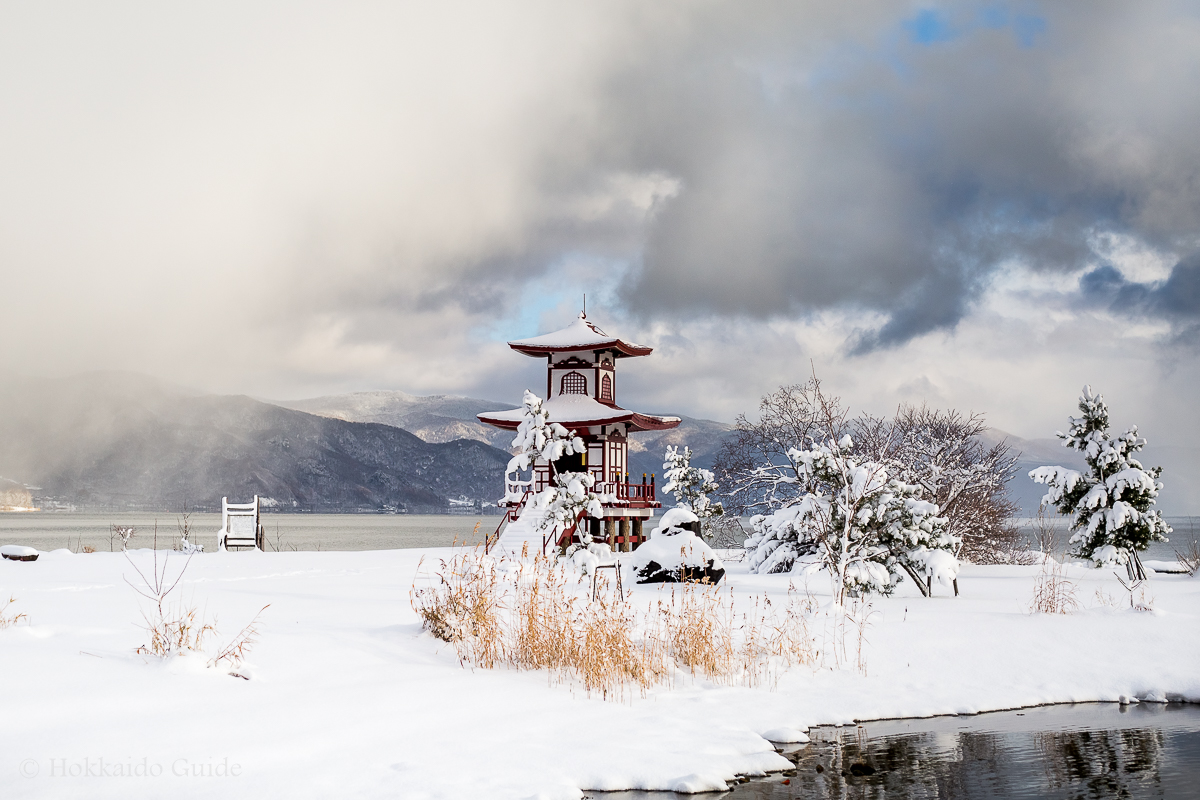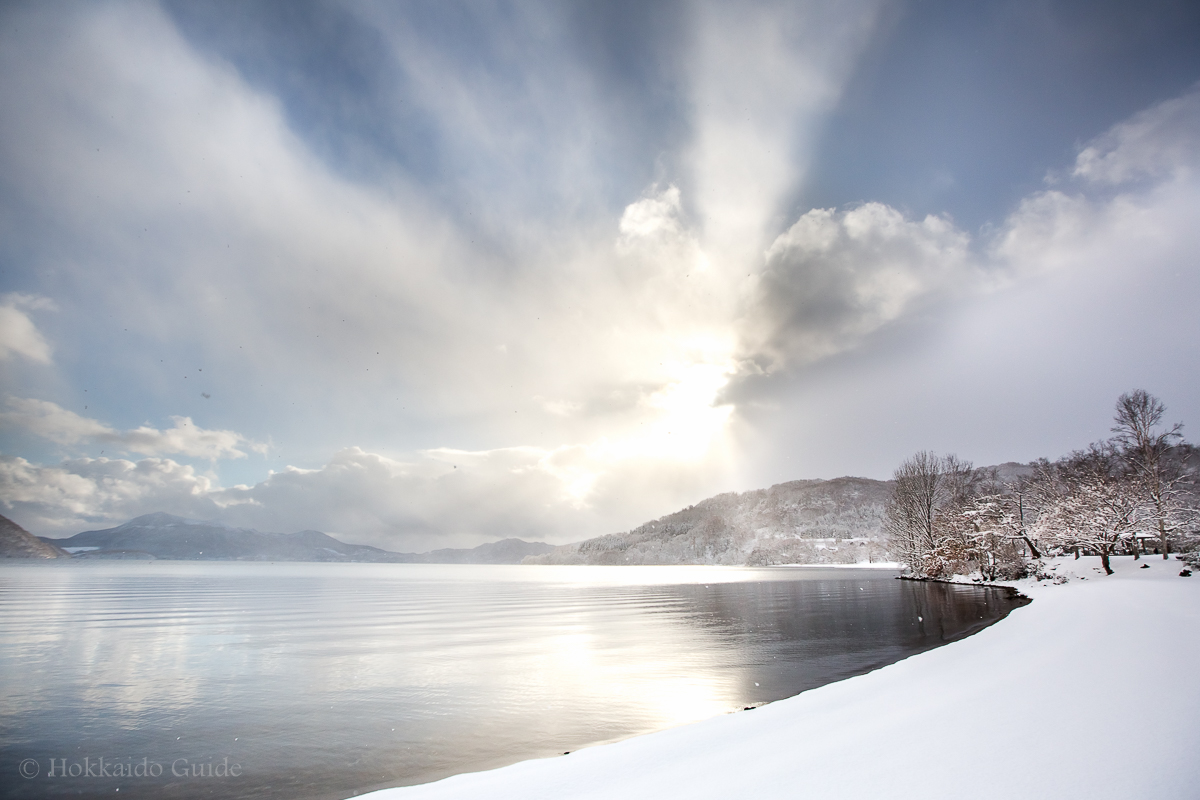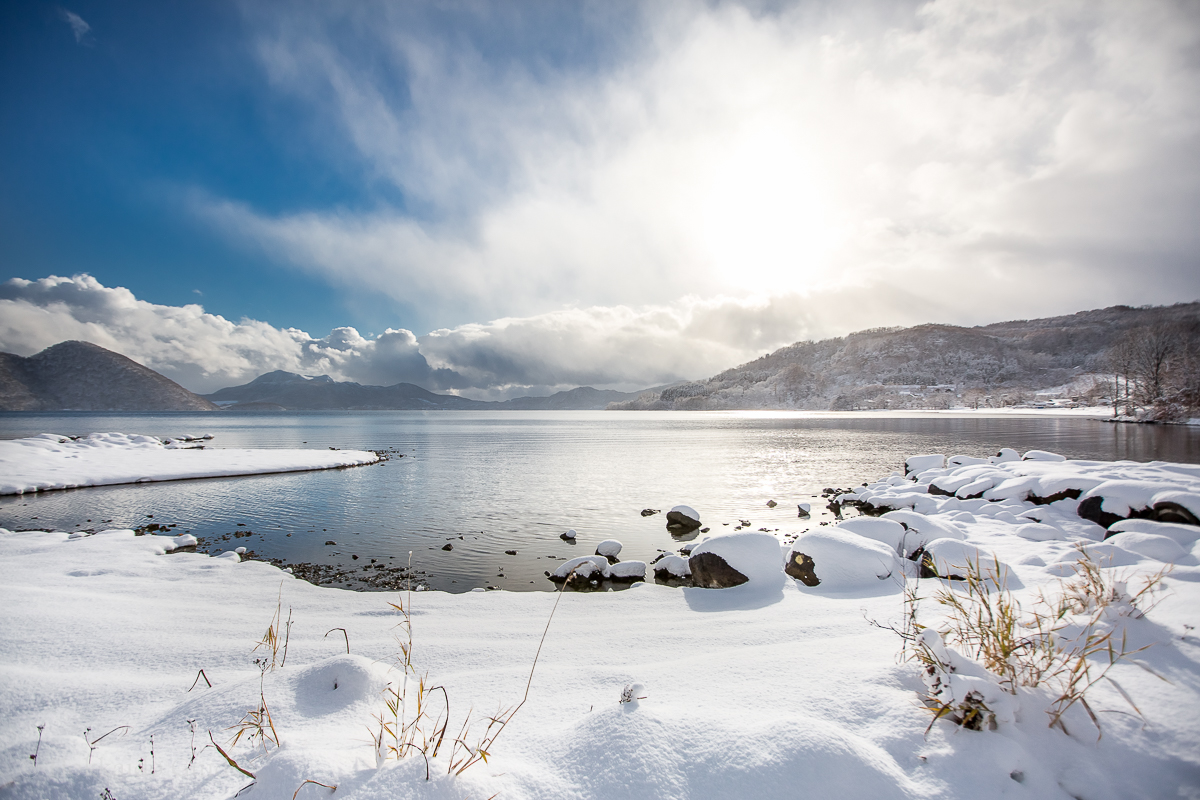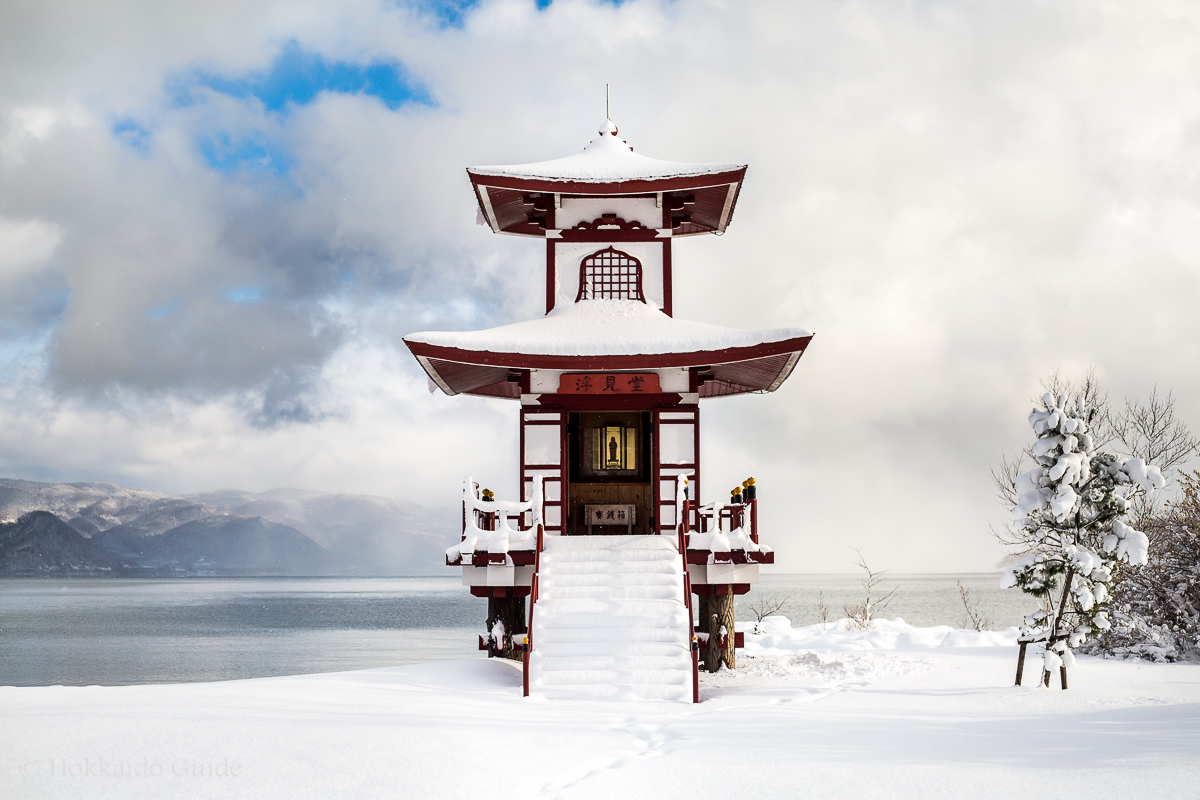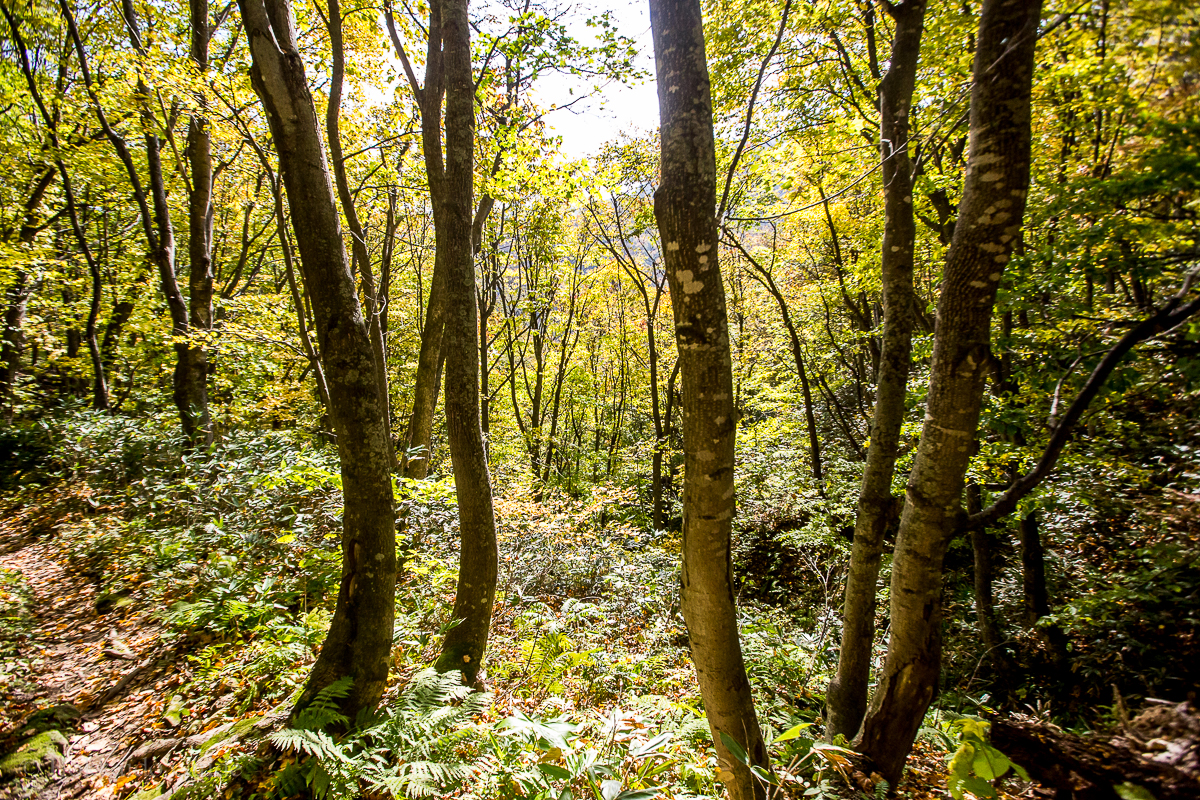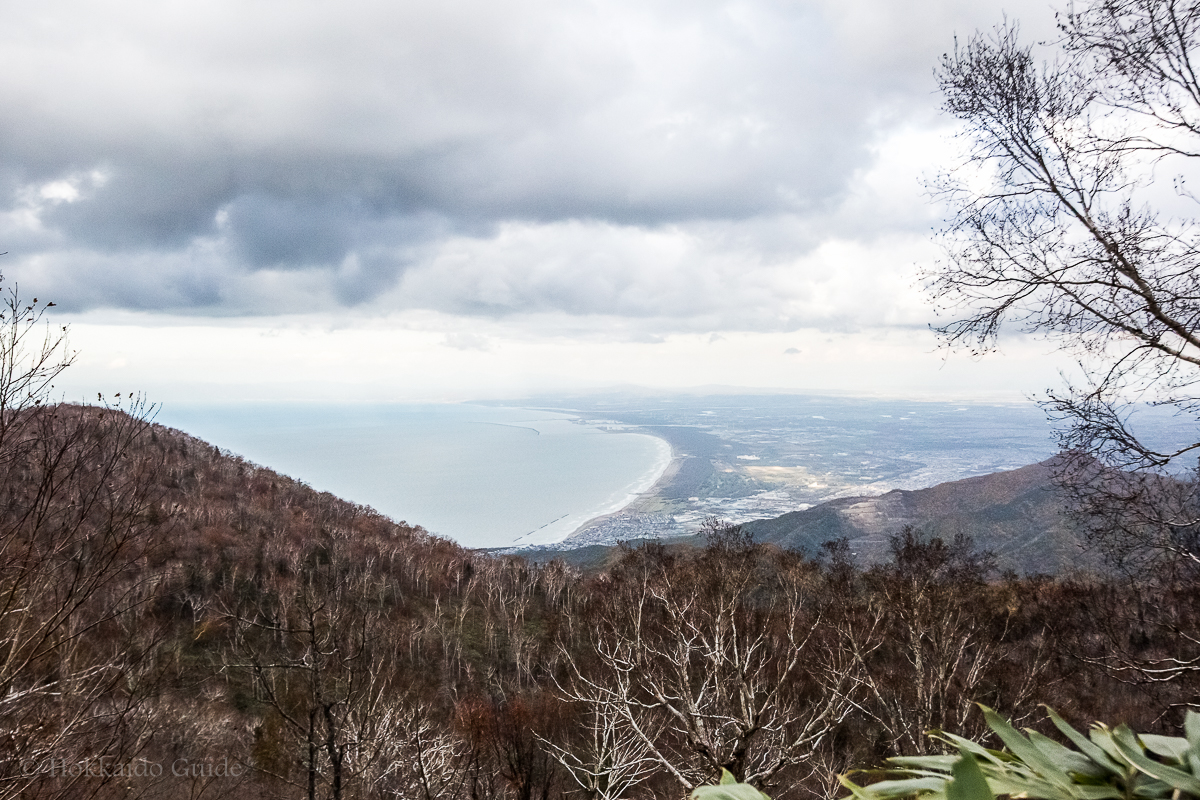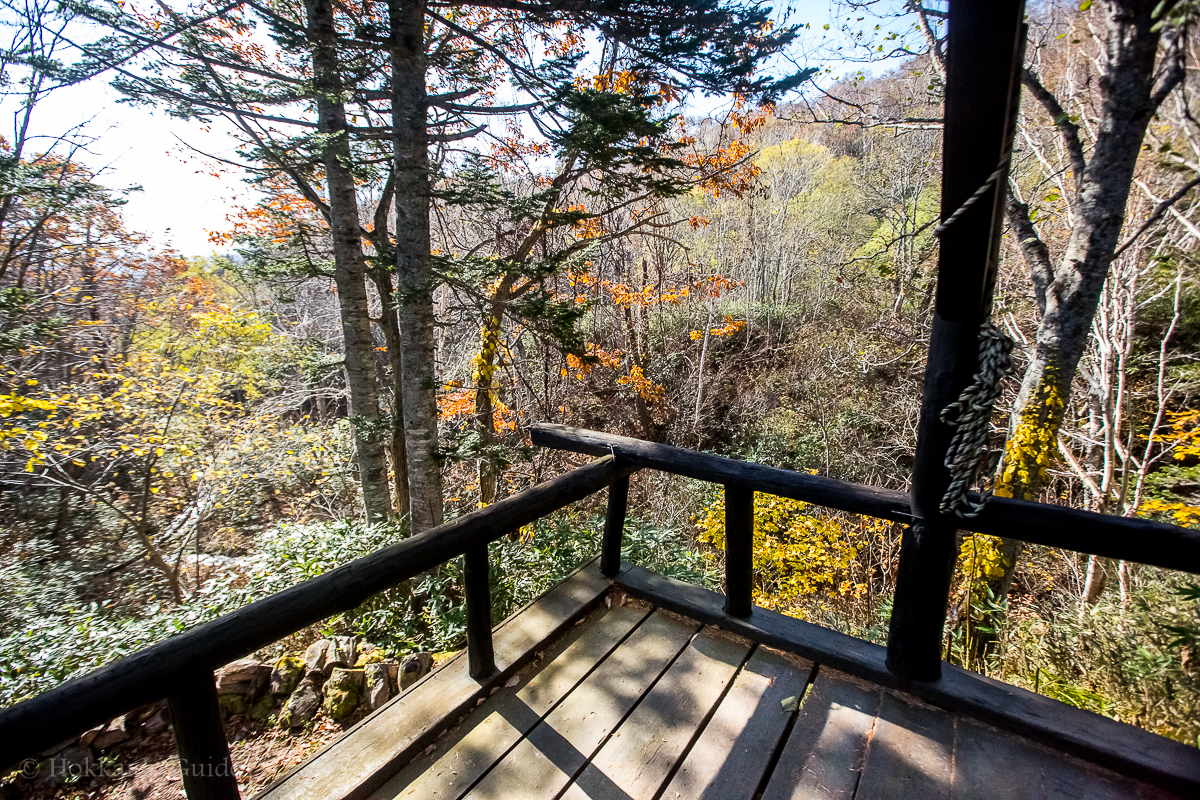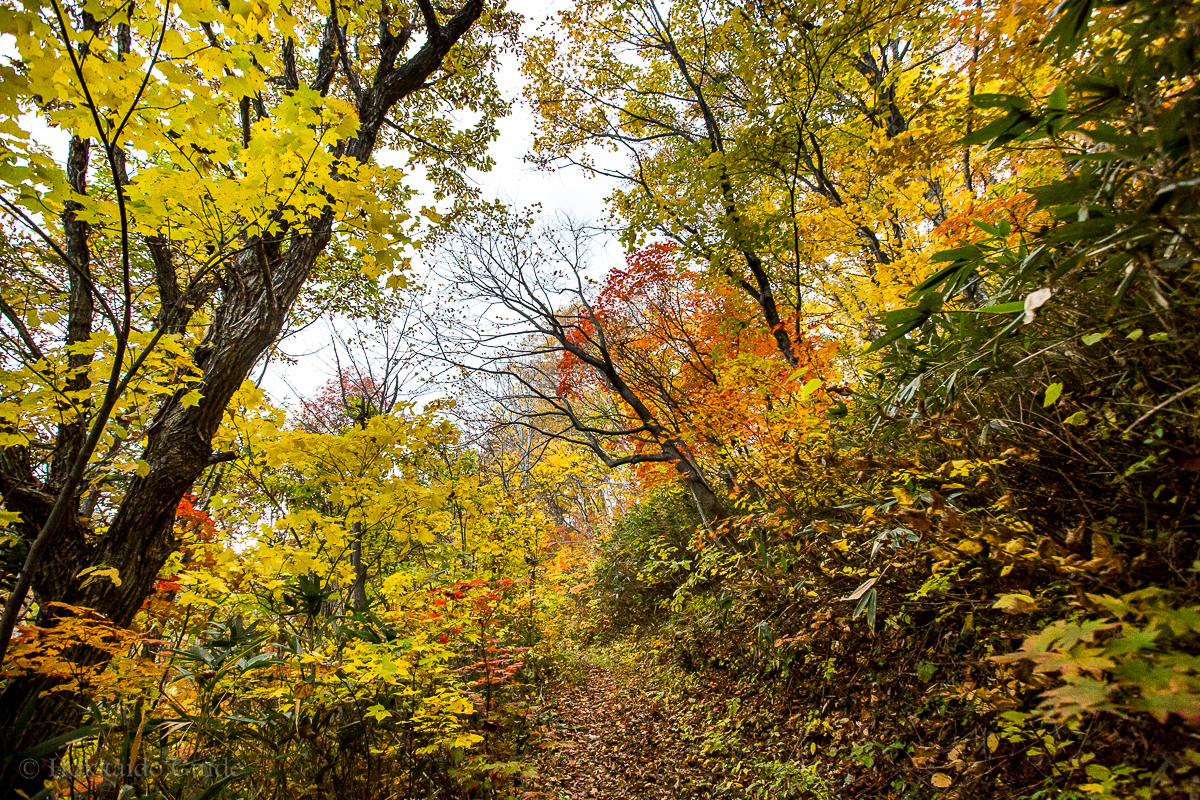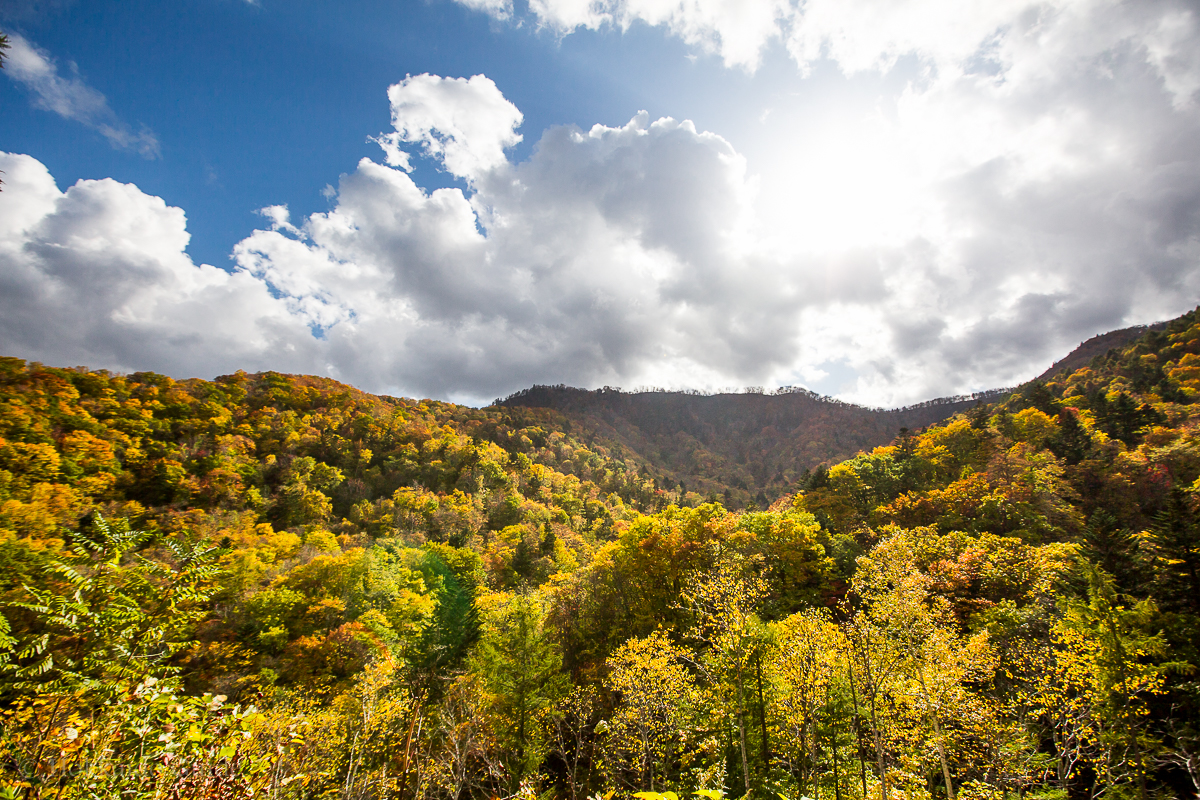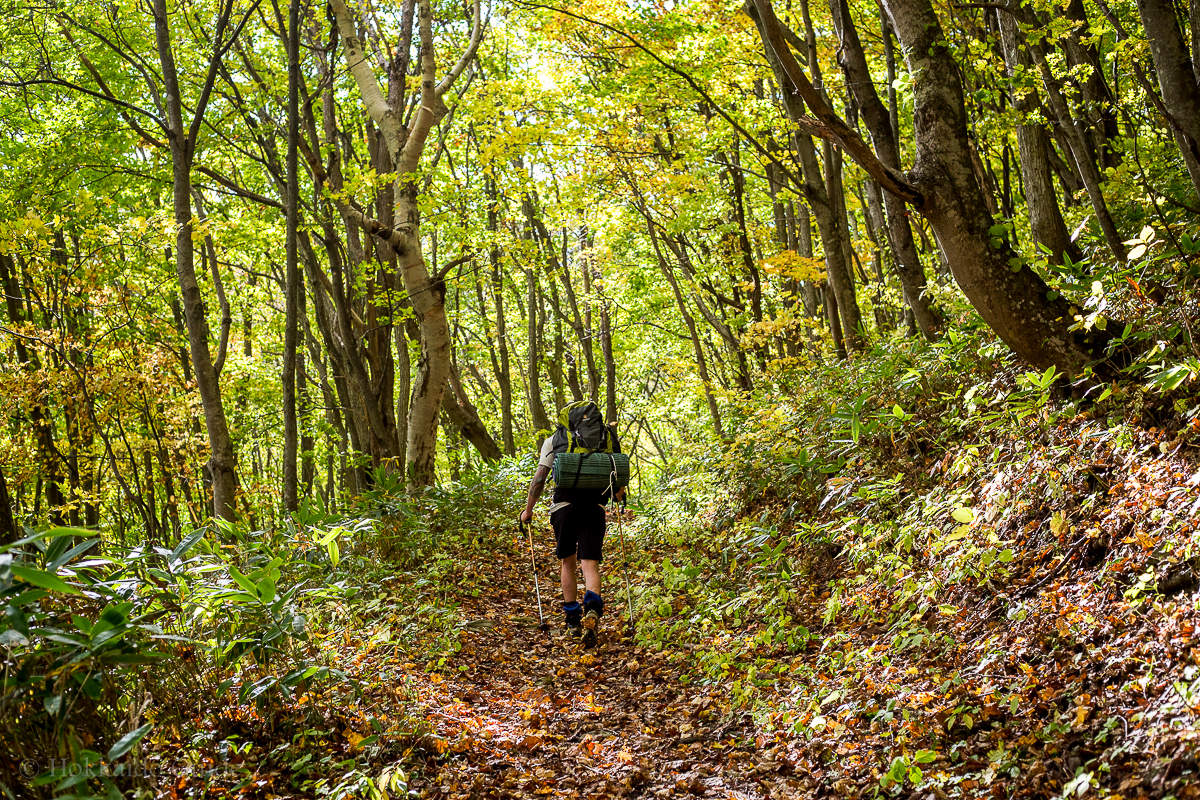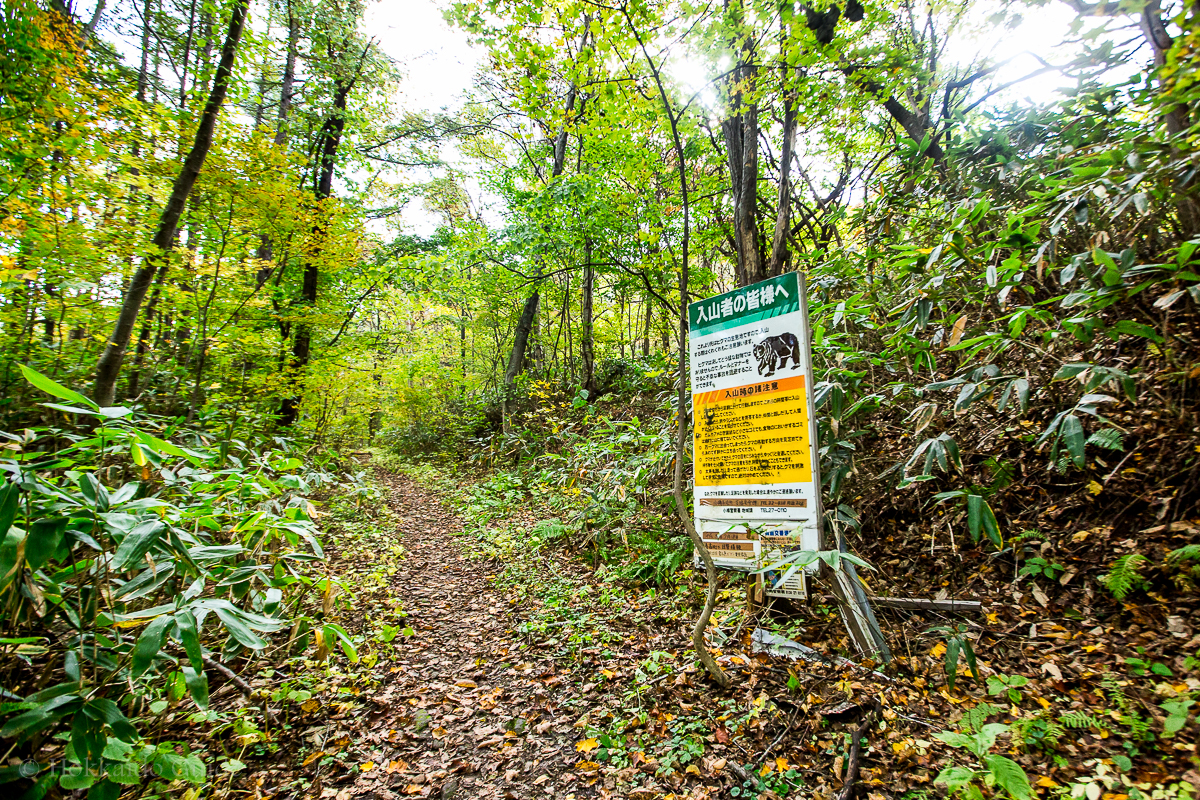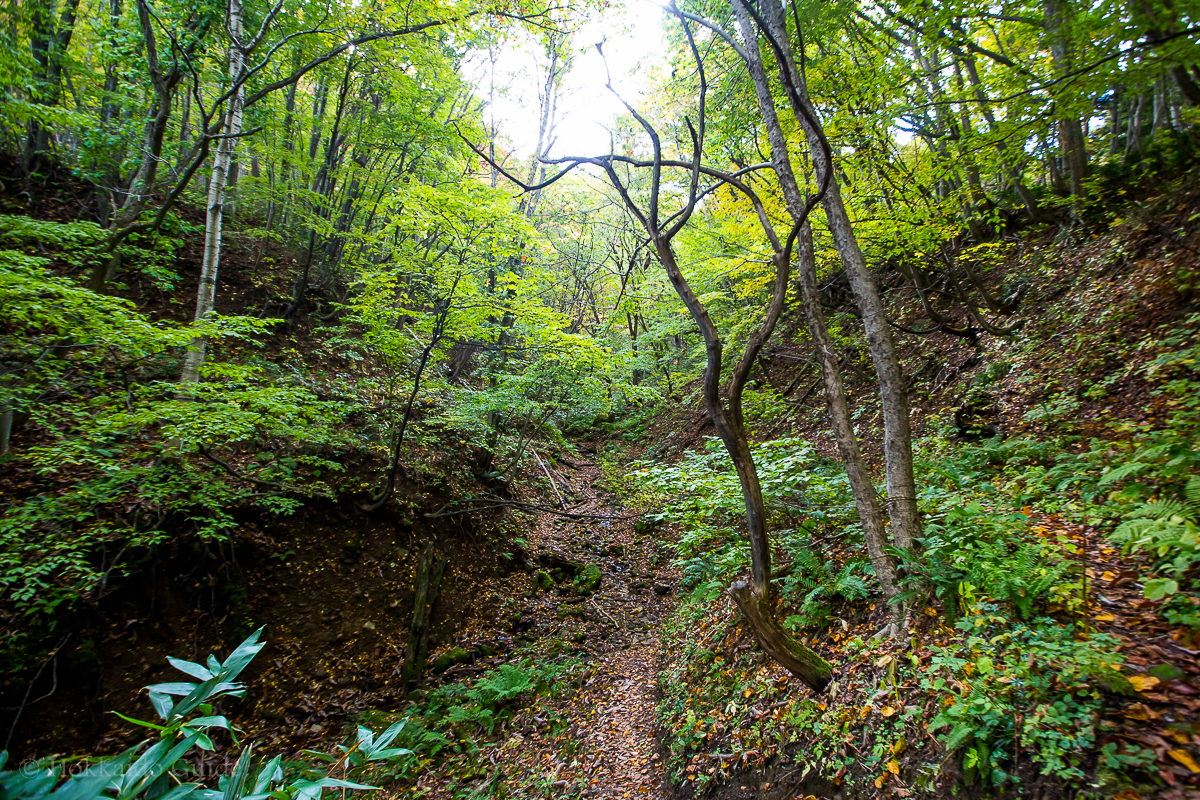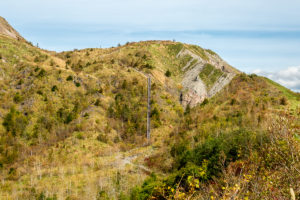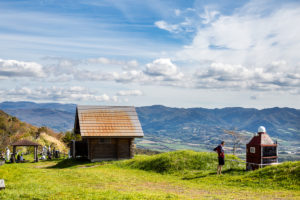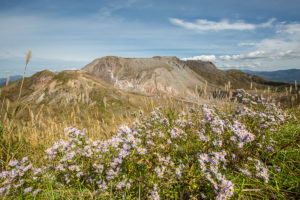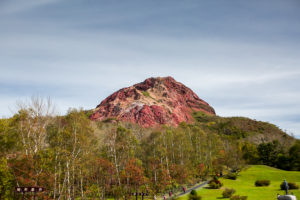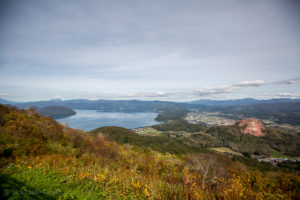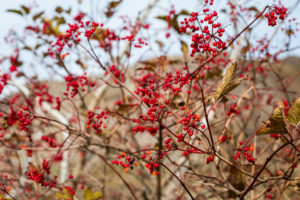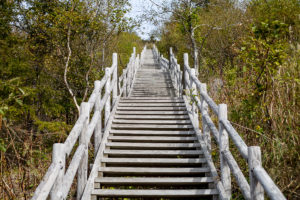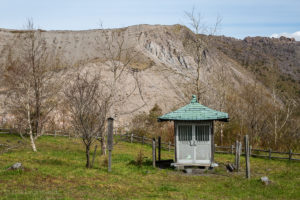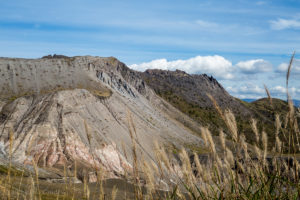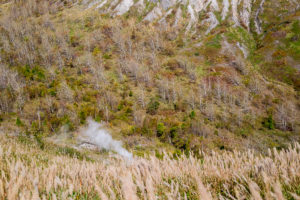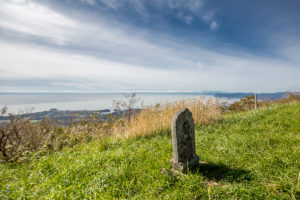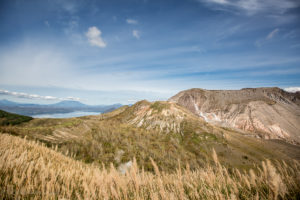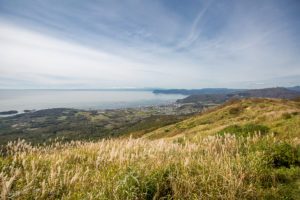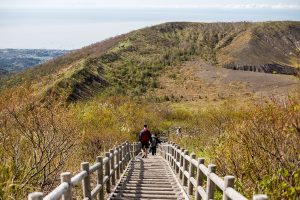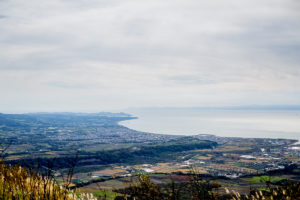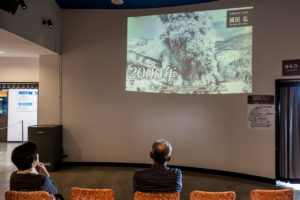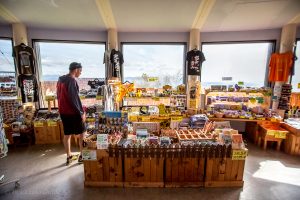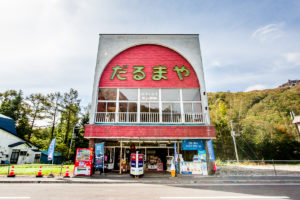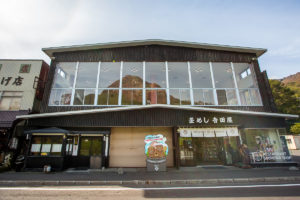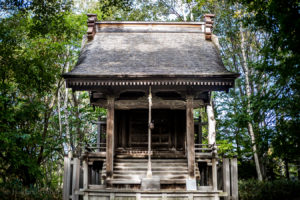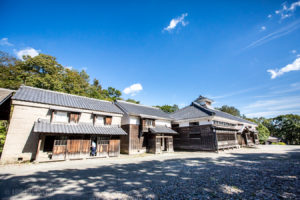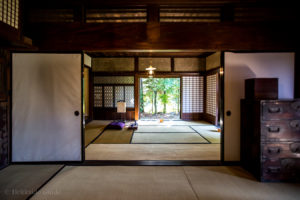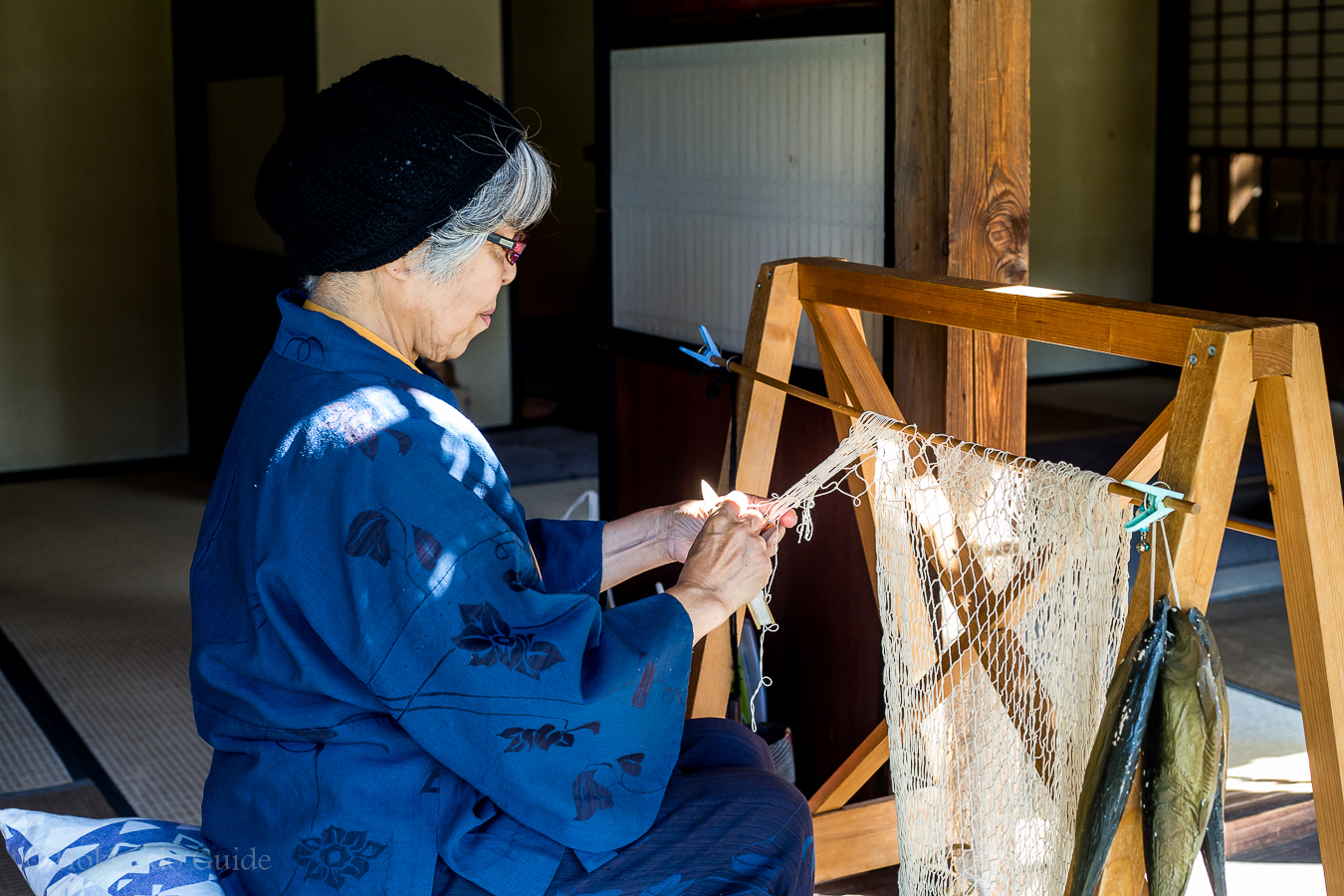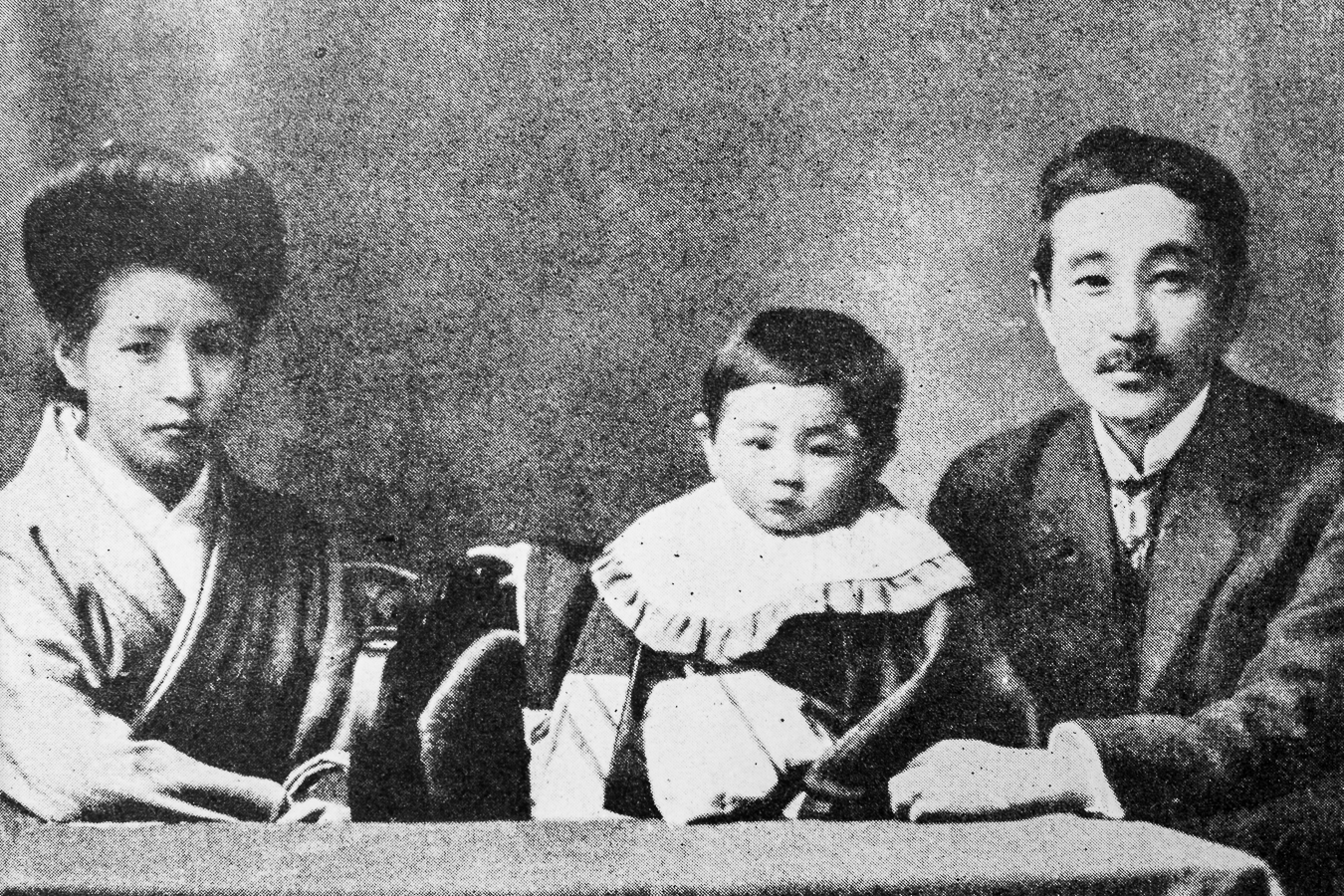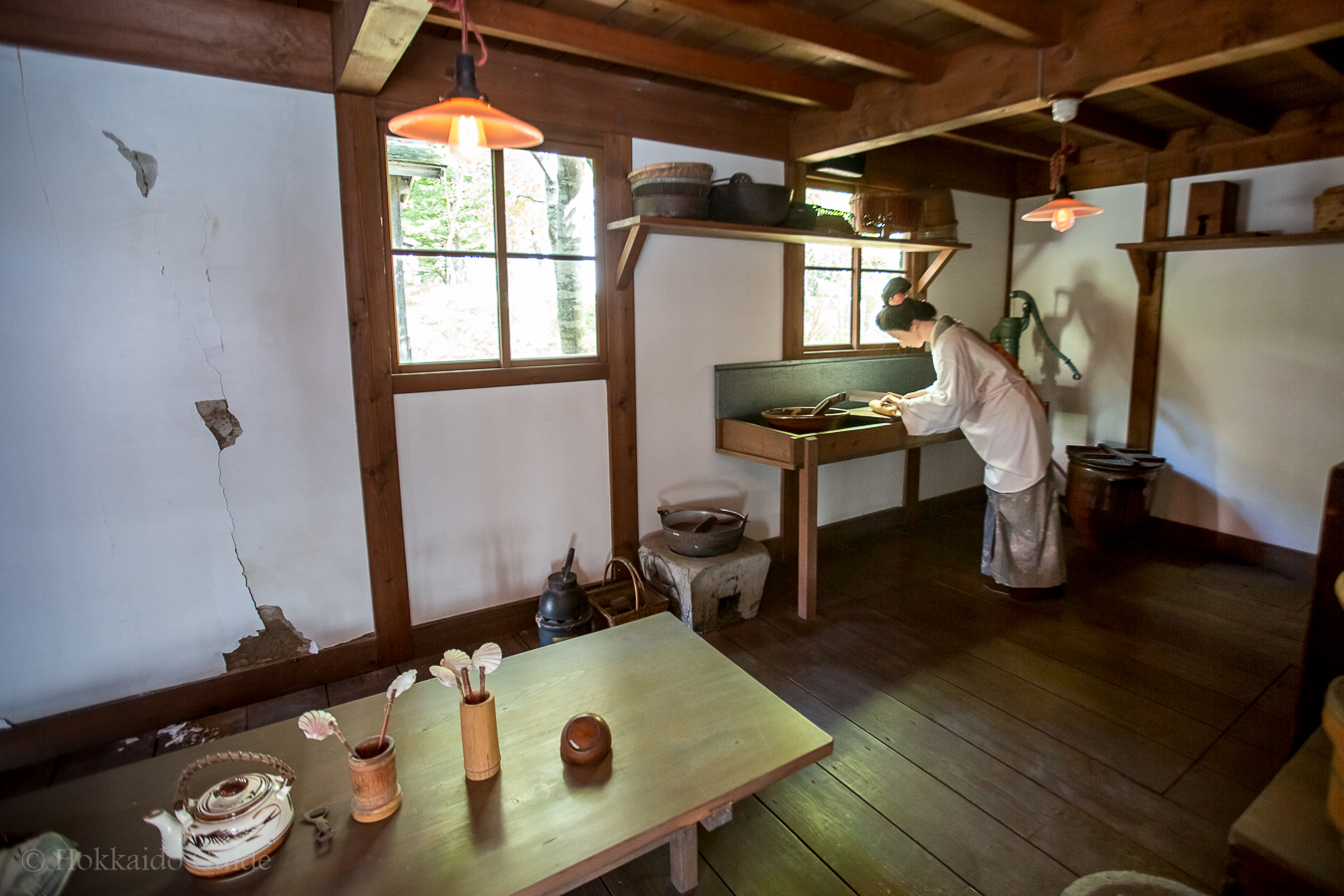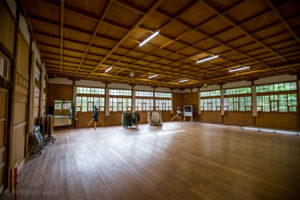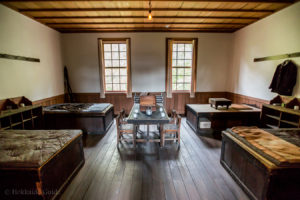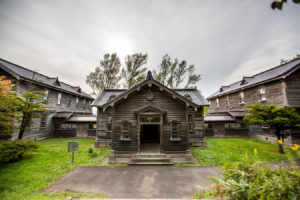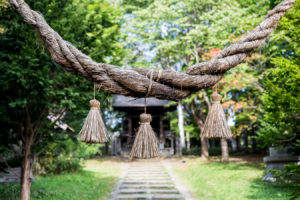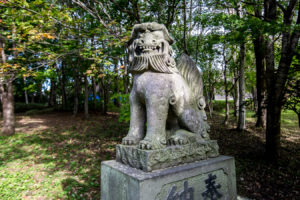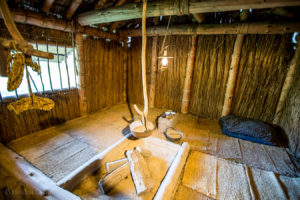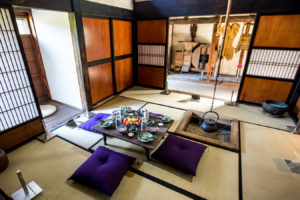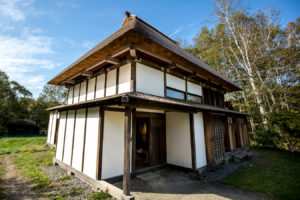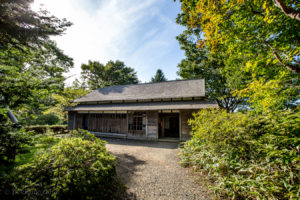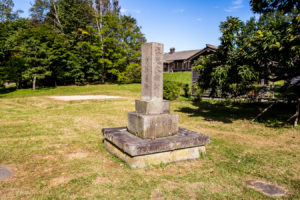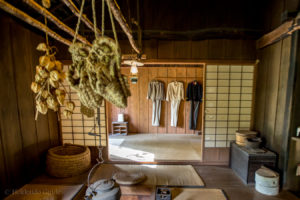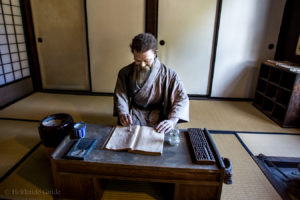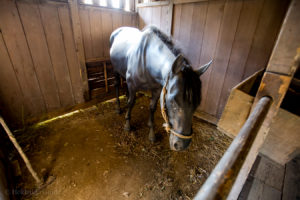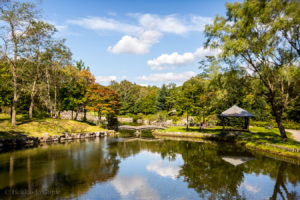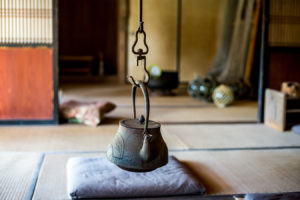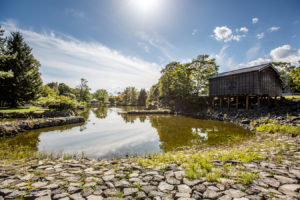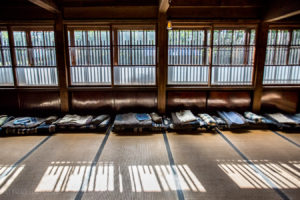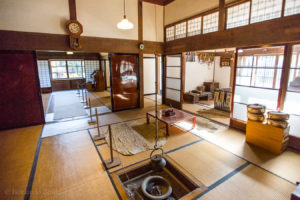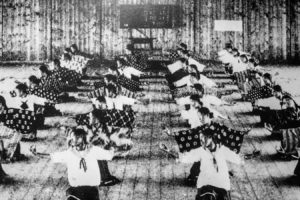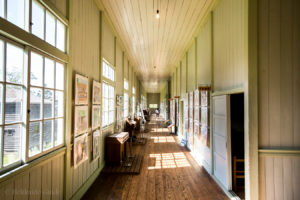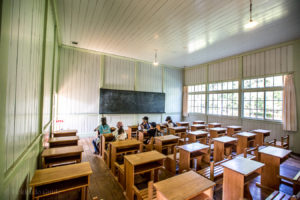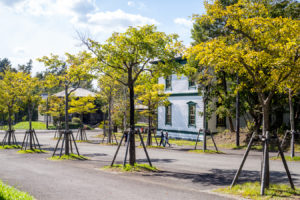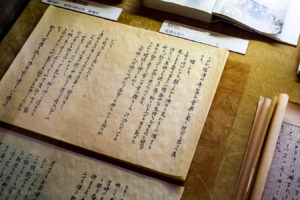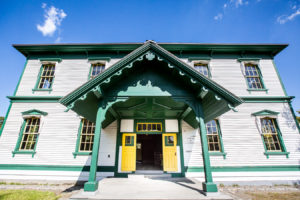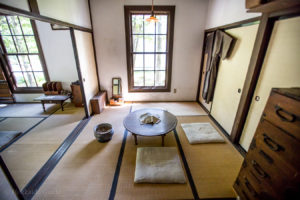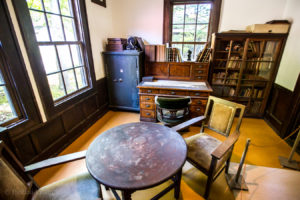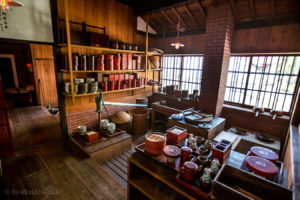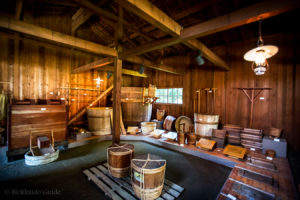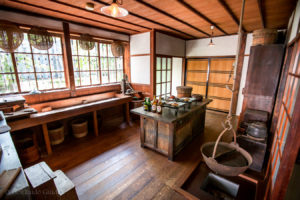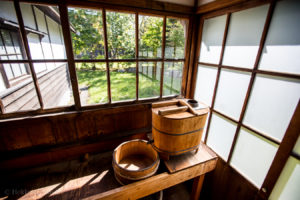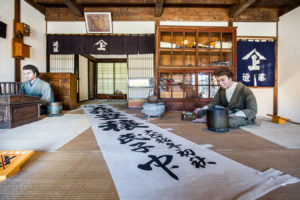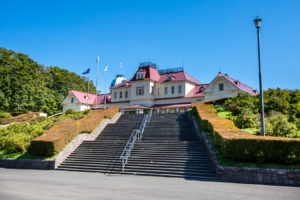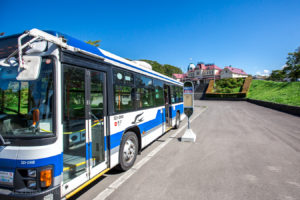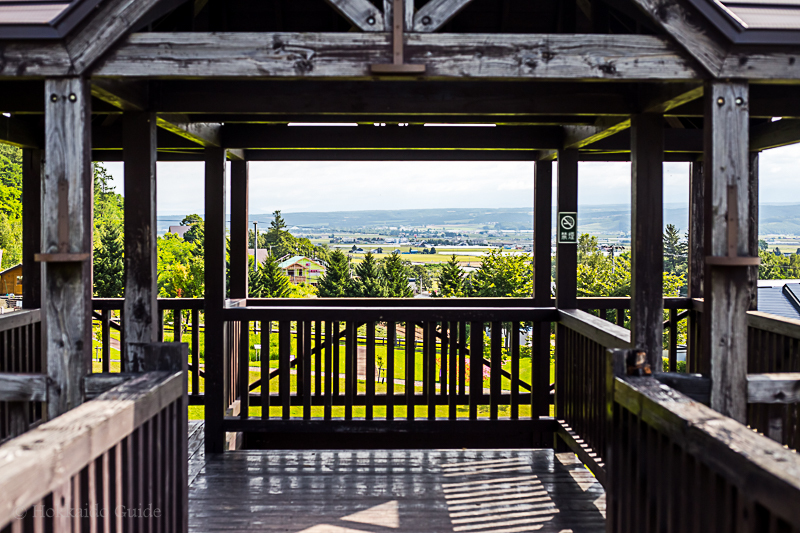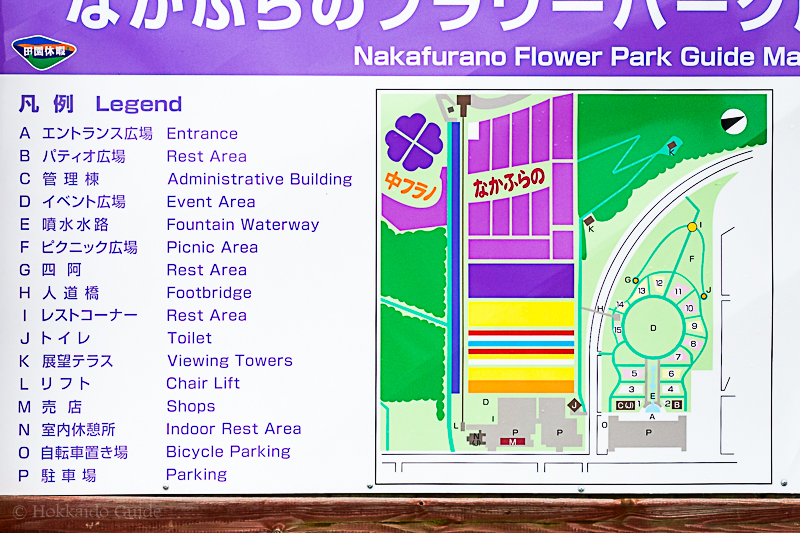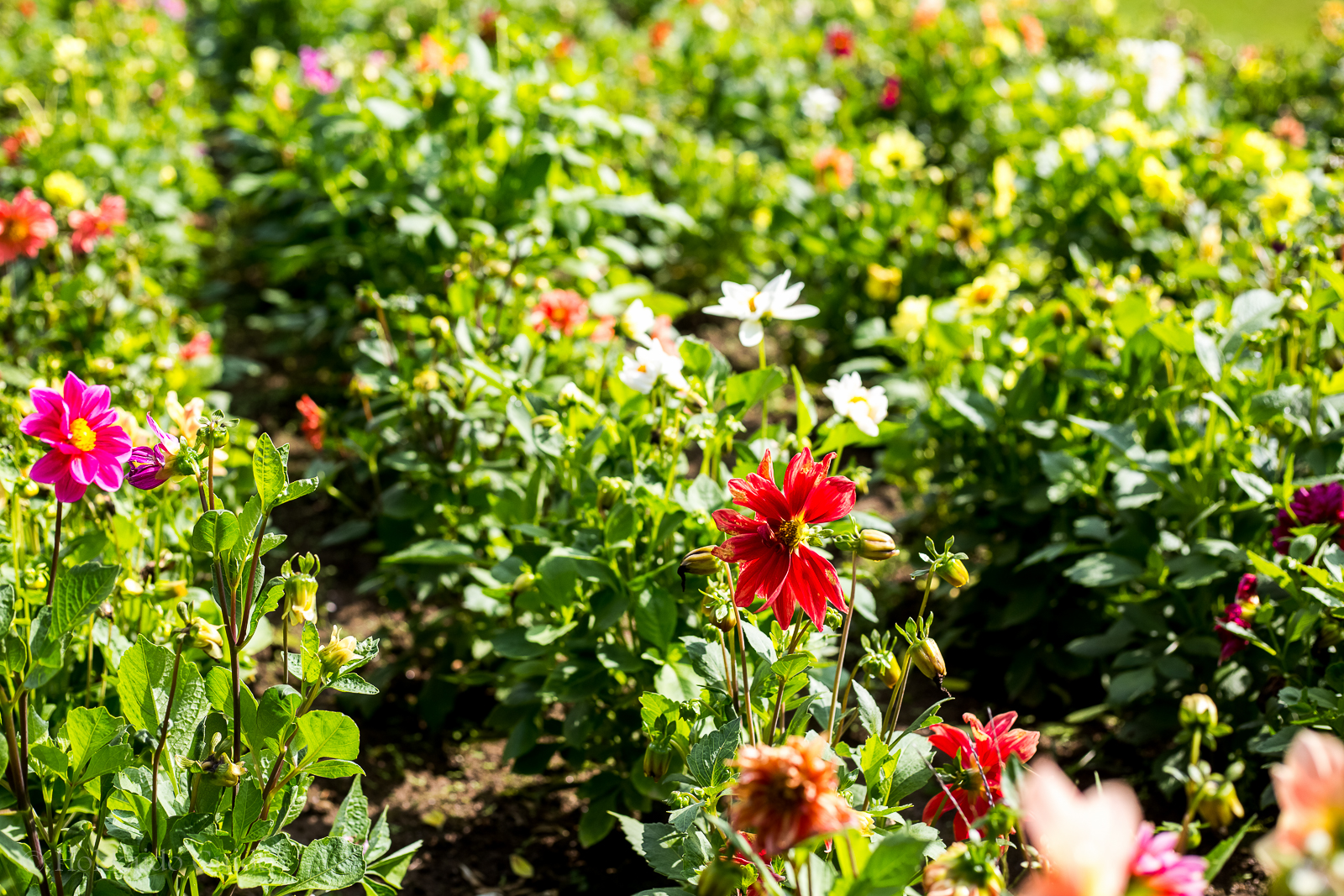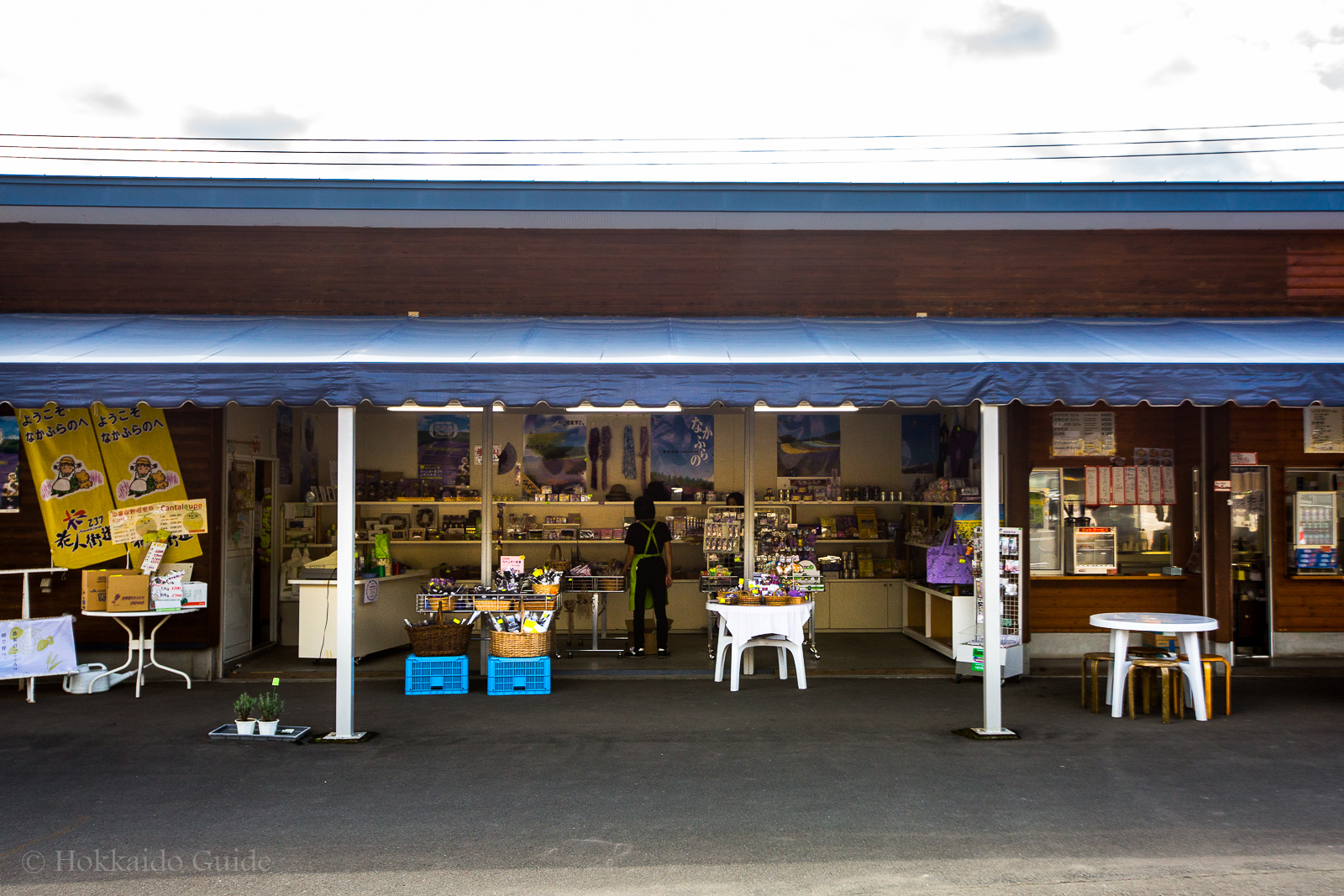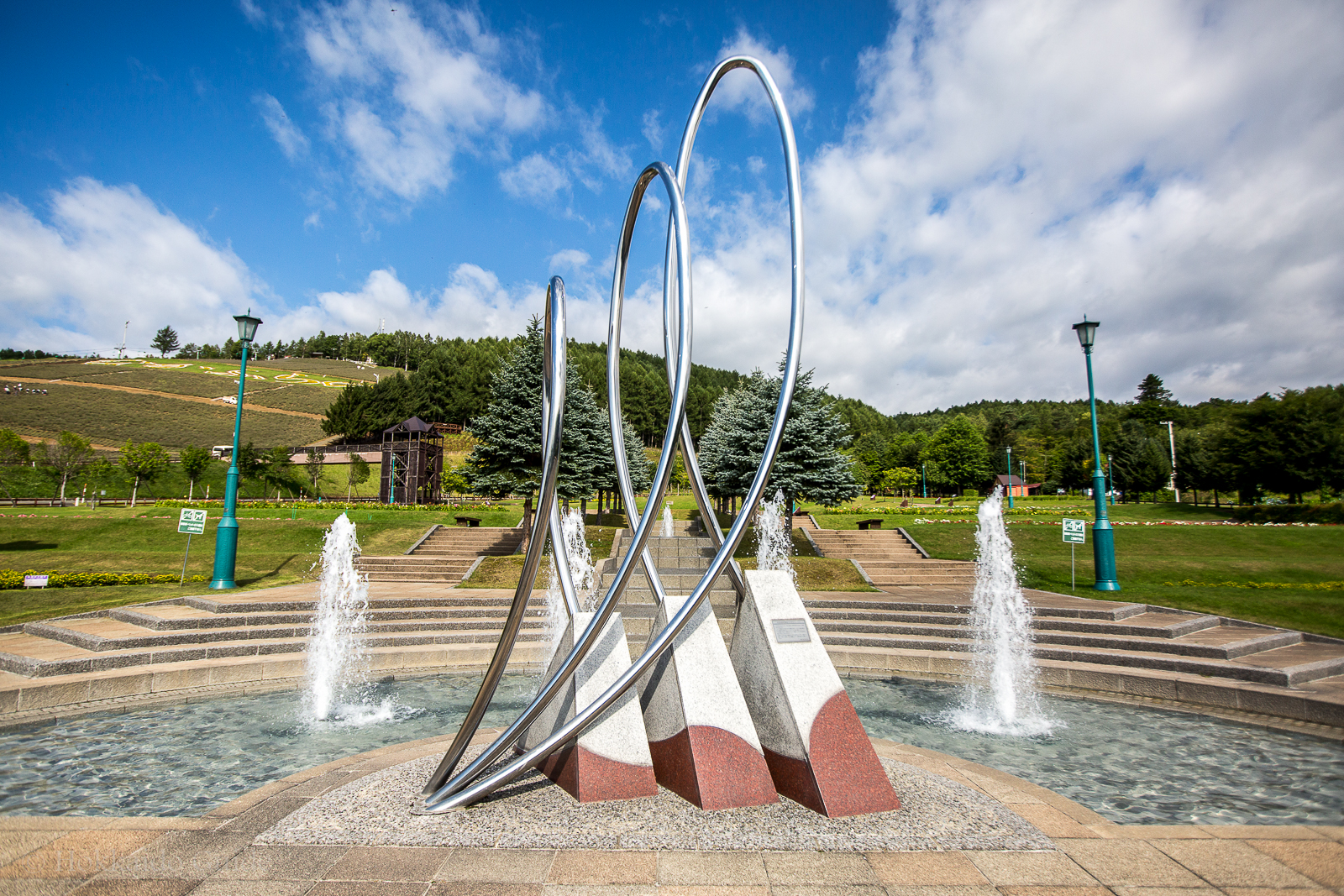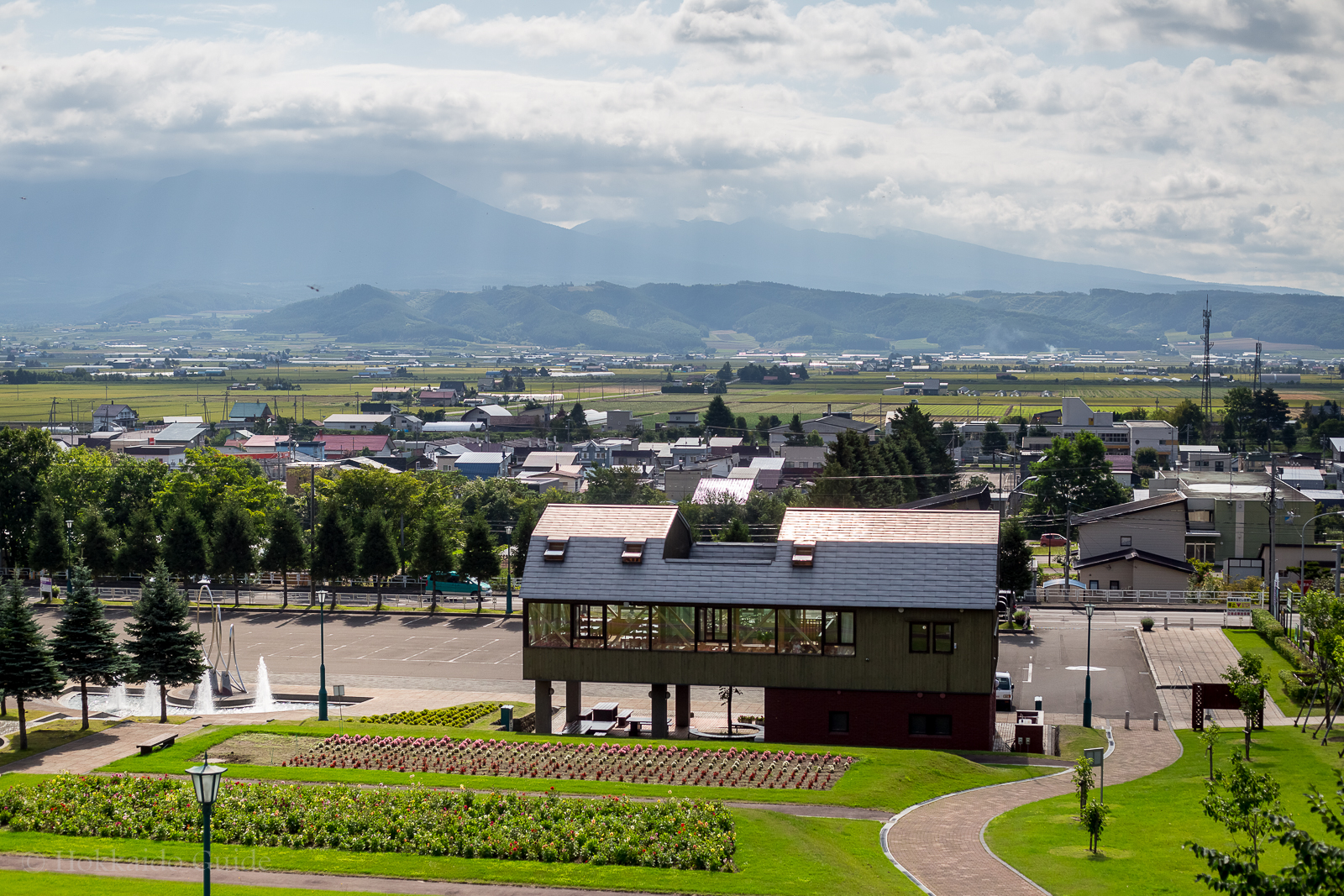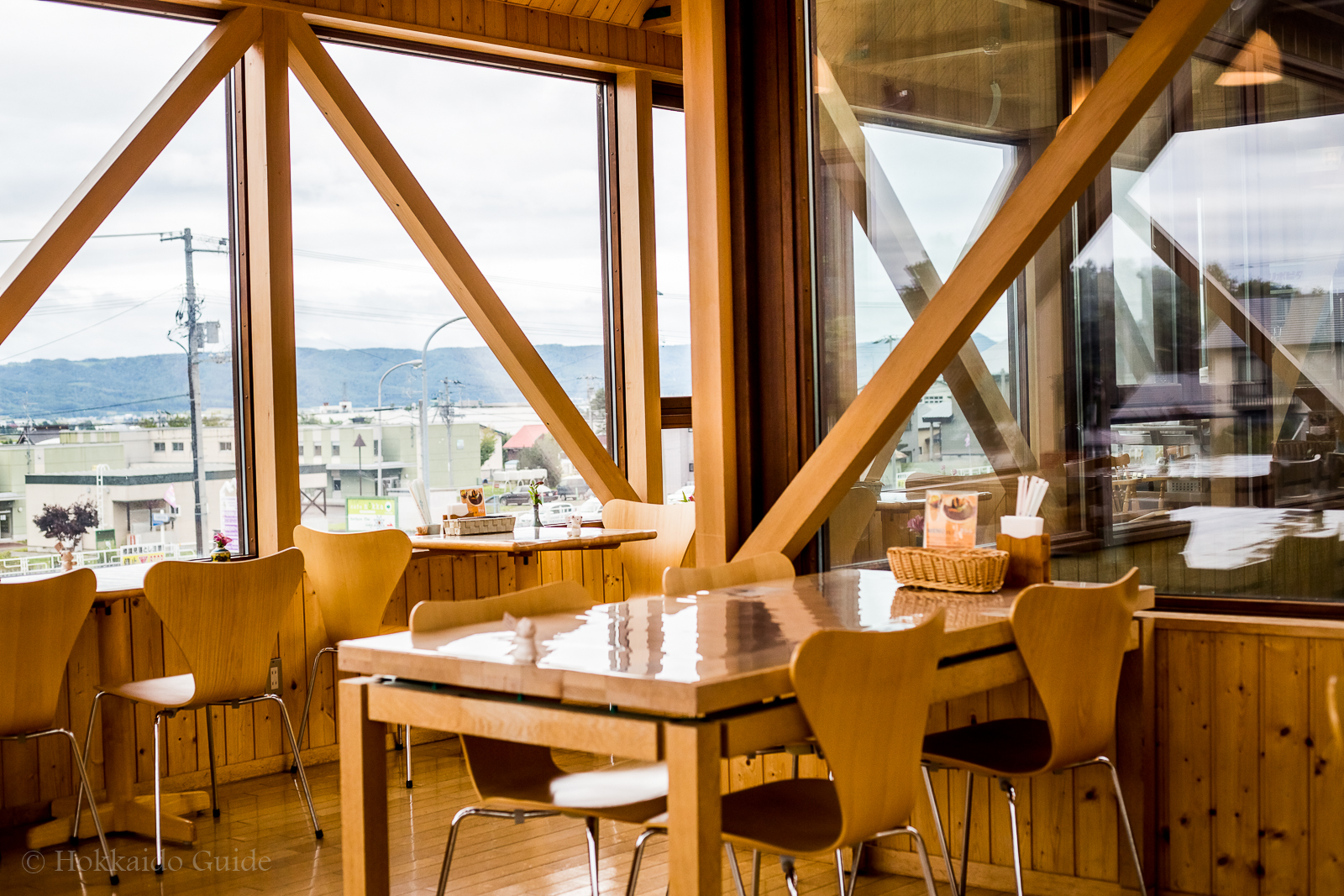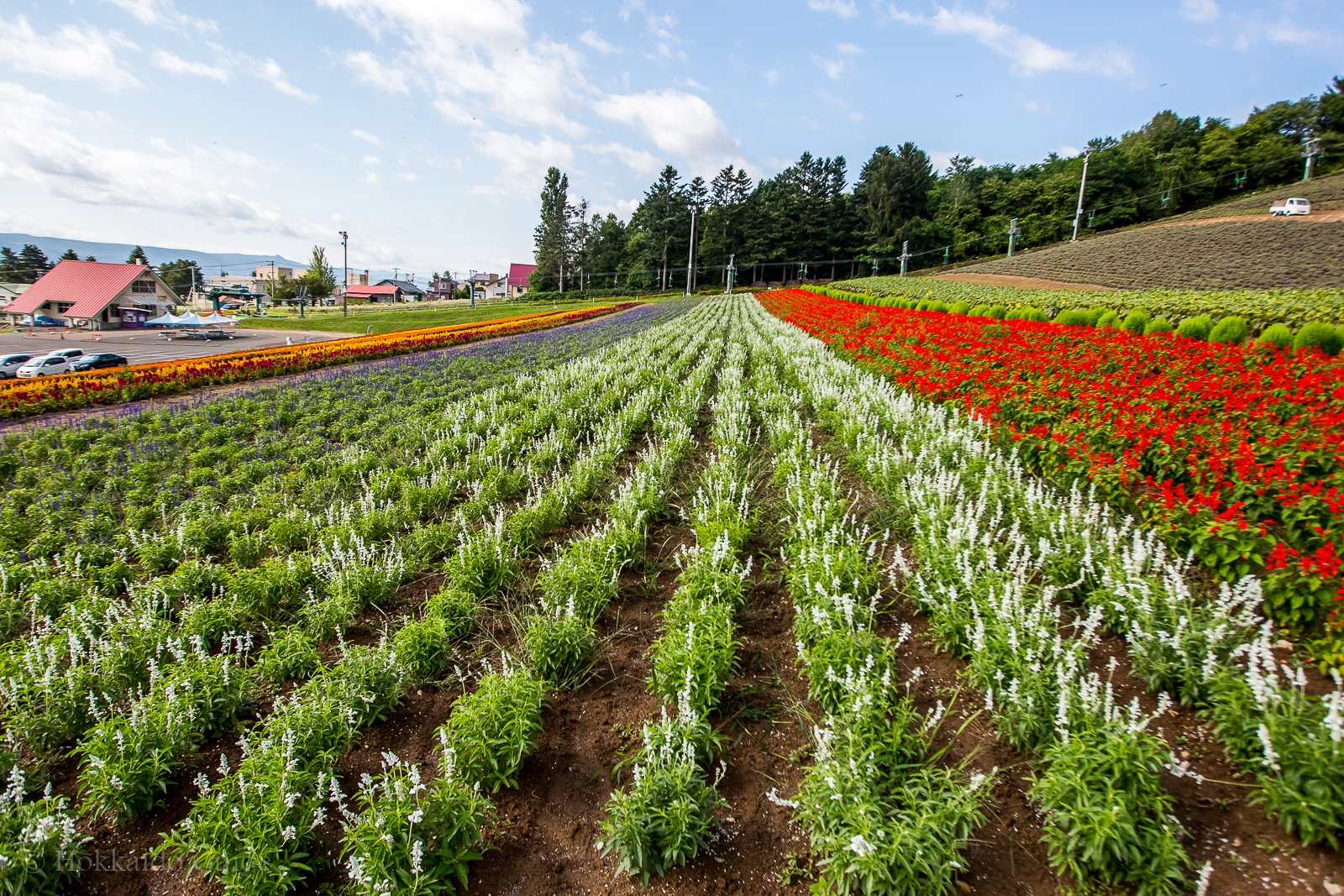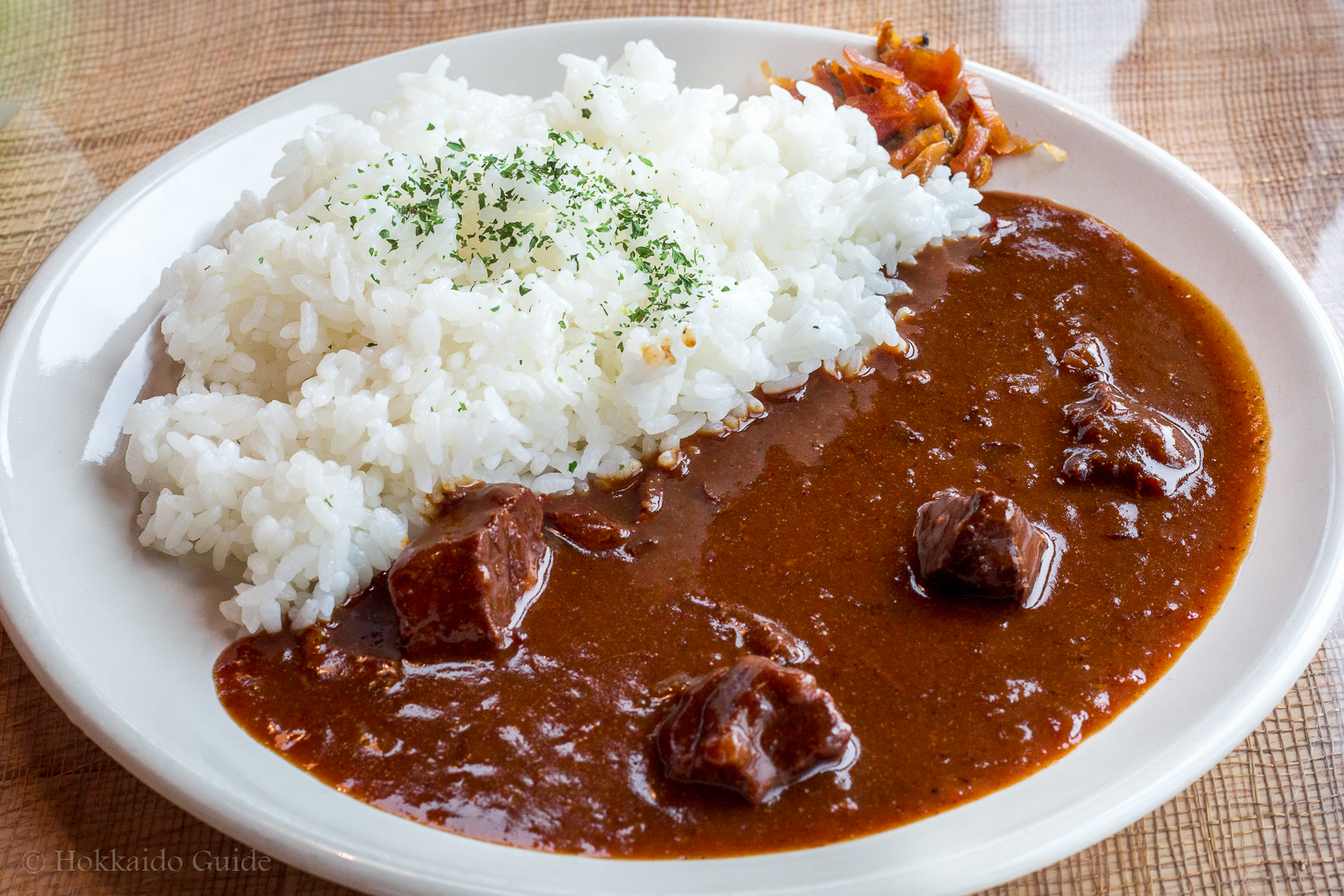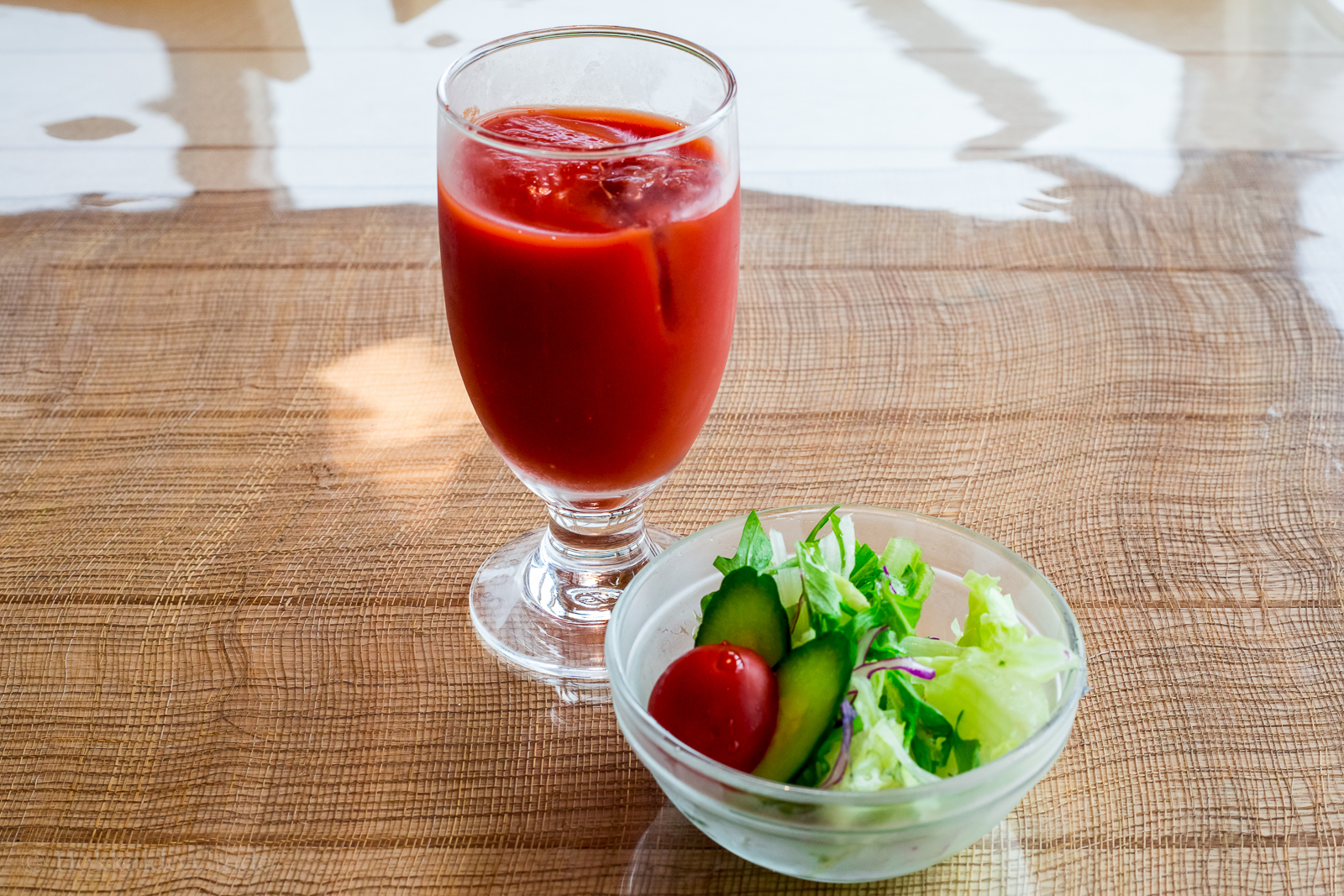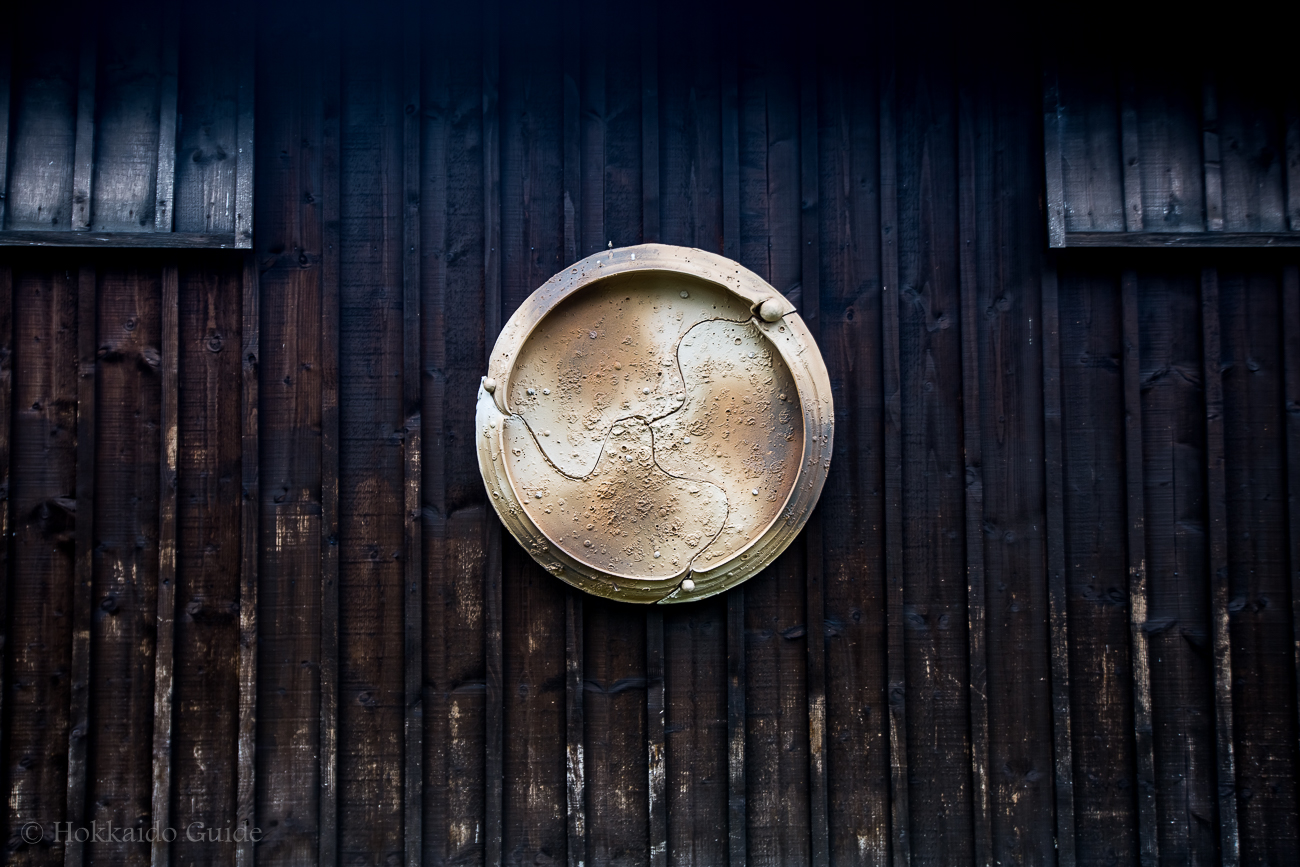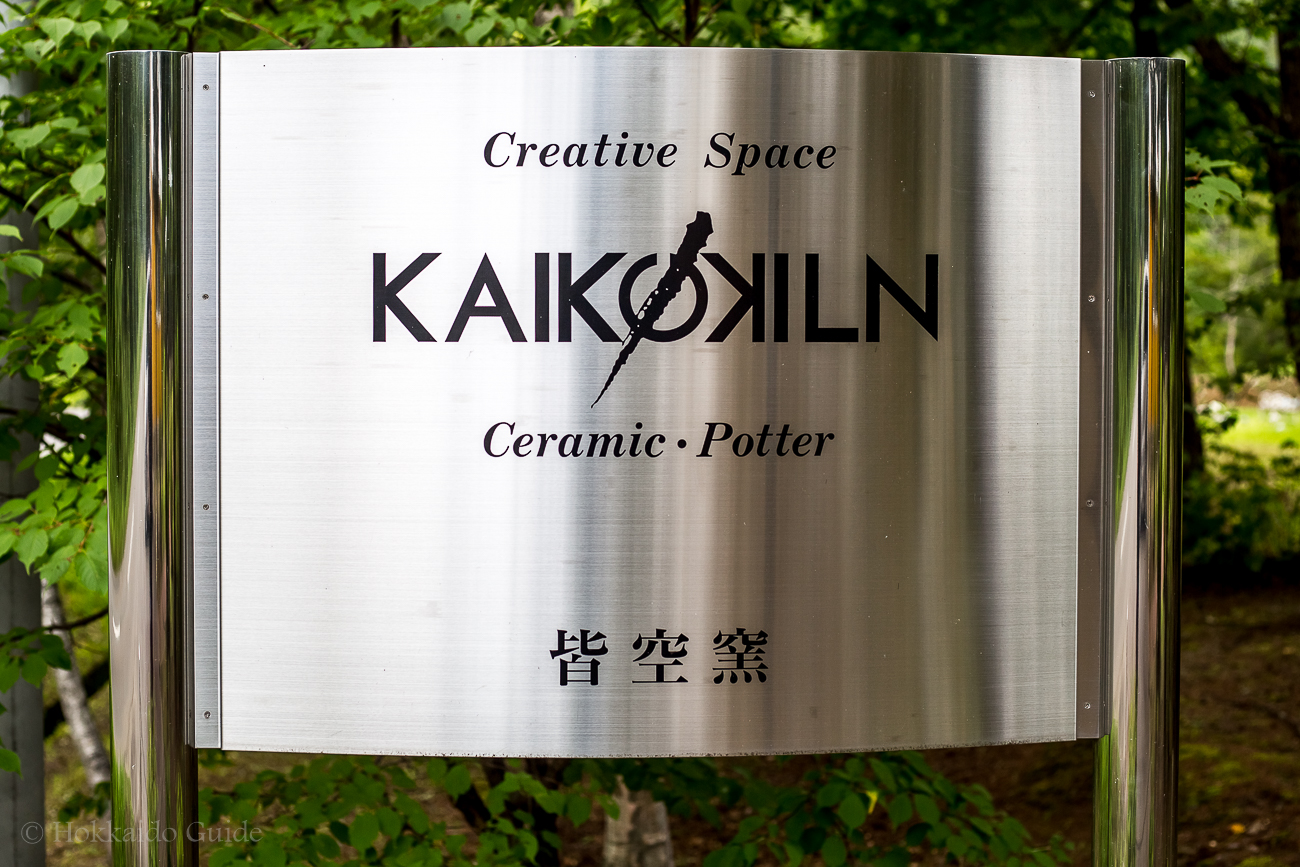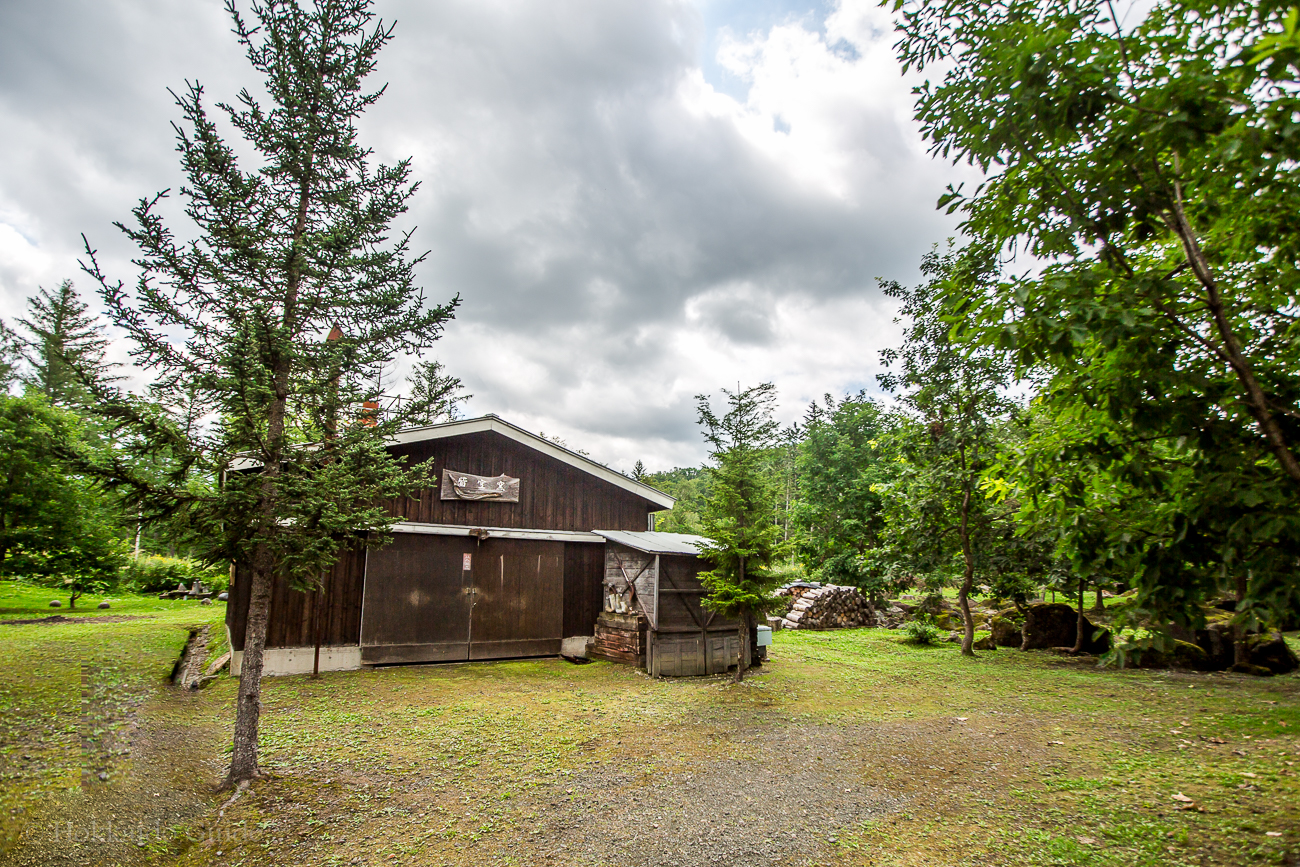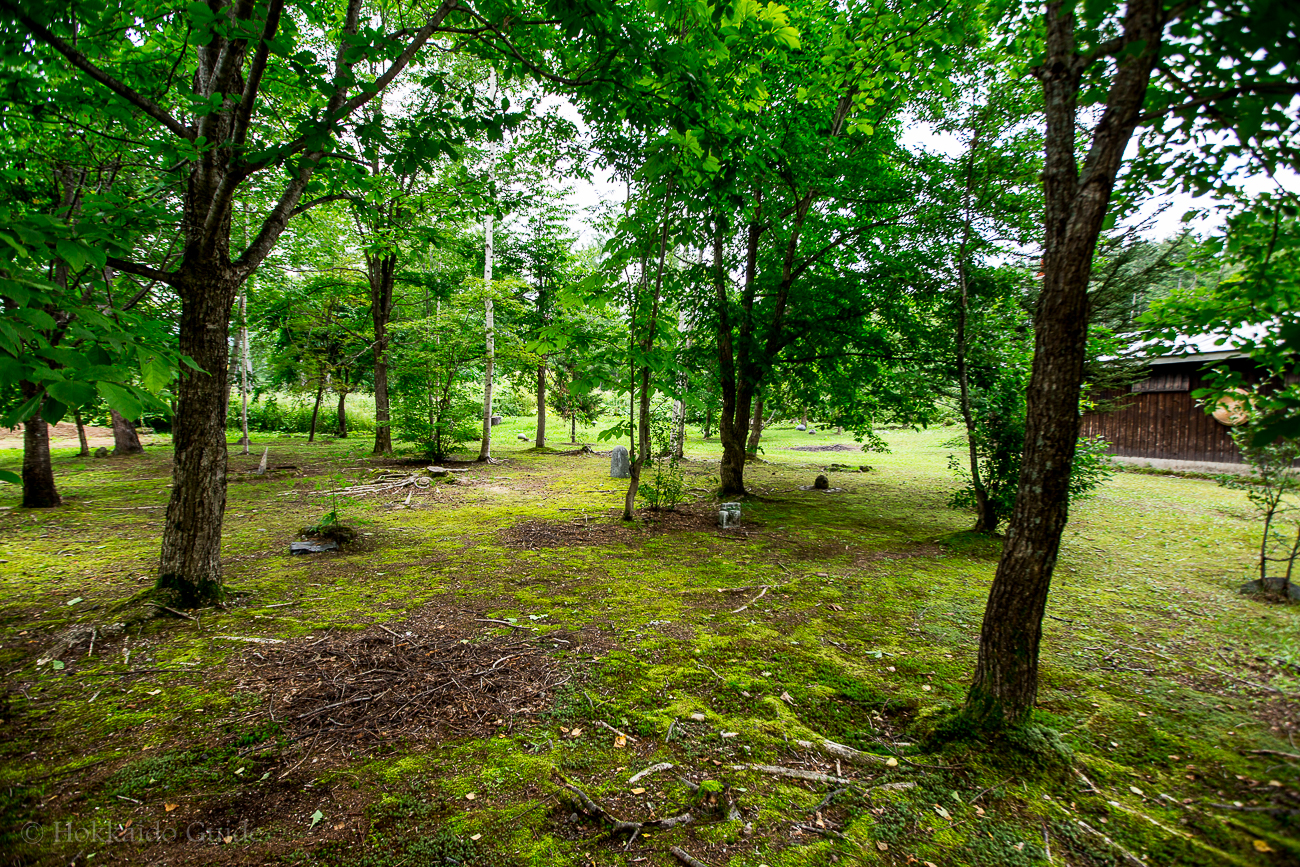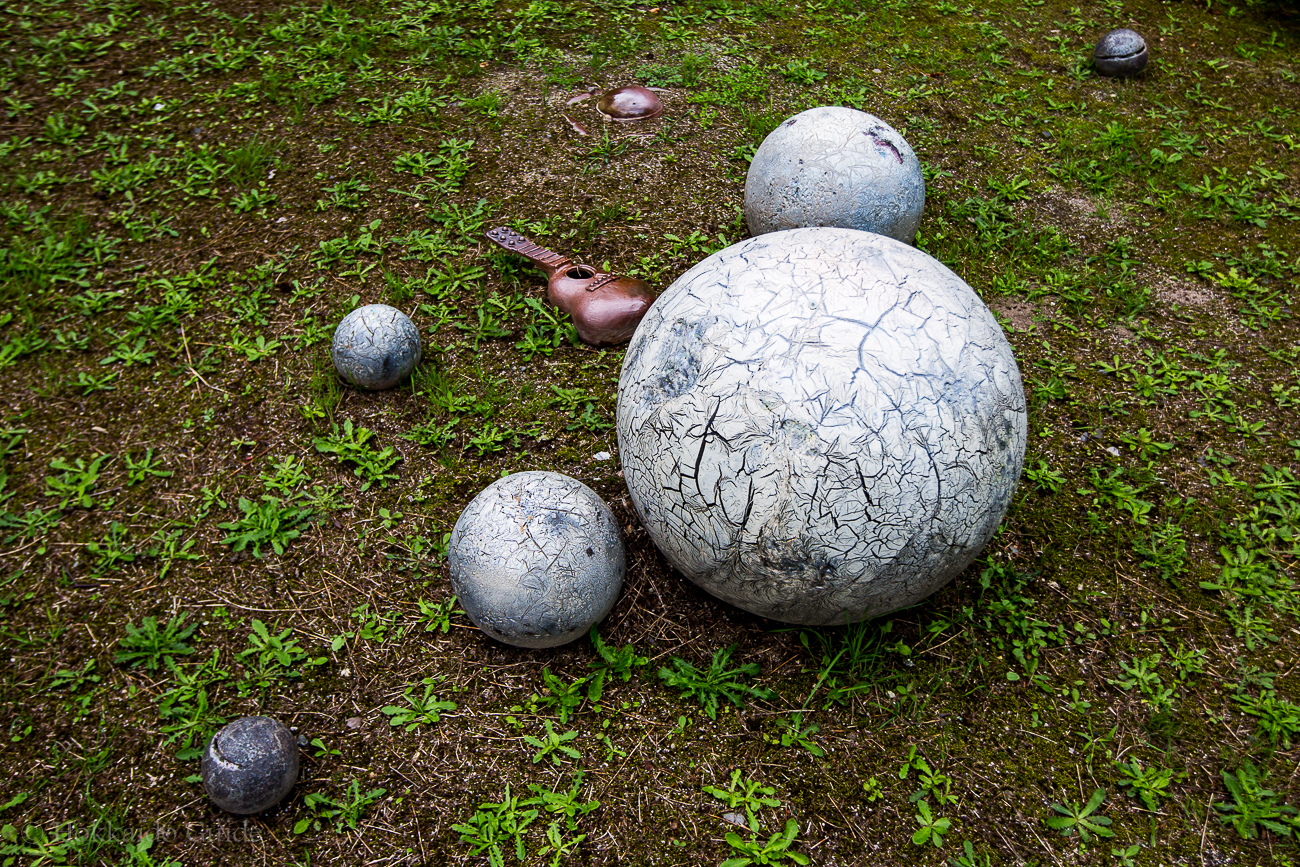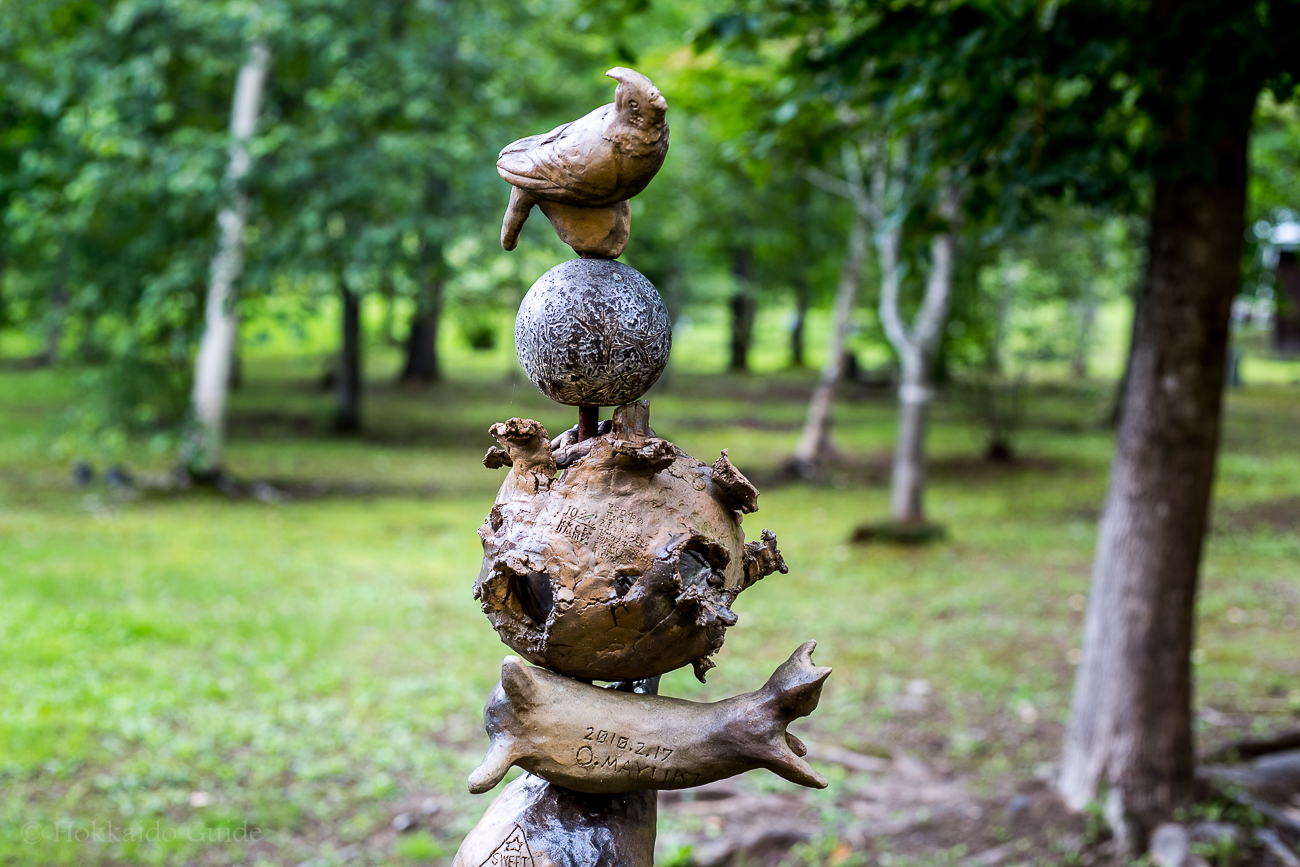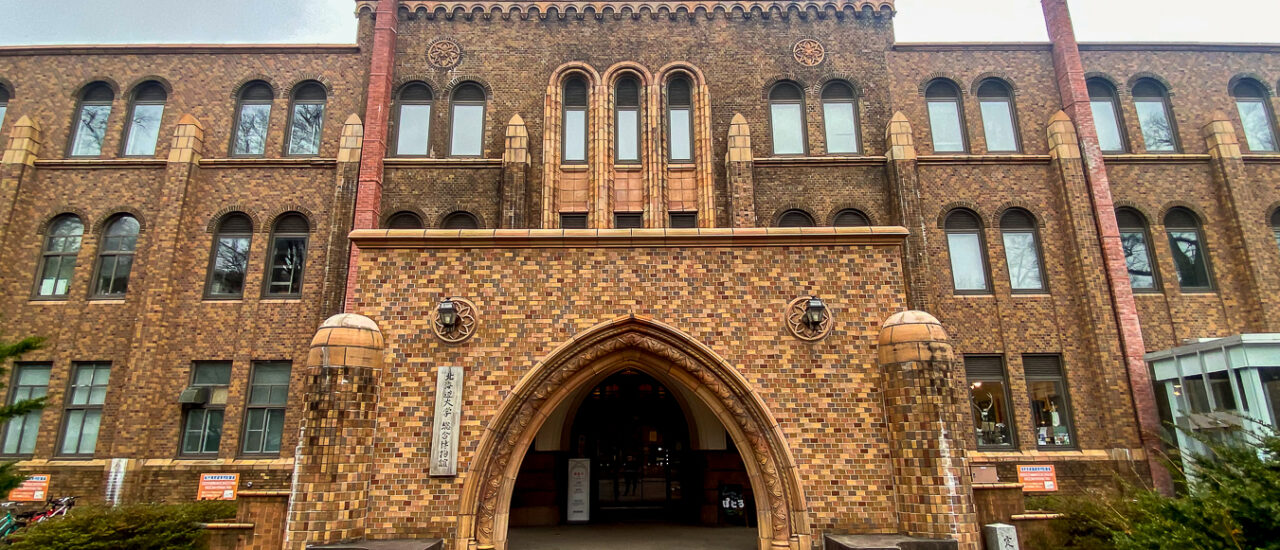
Tag: Sightseeing
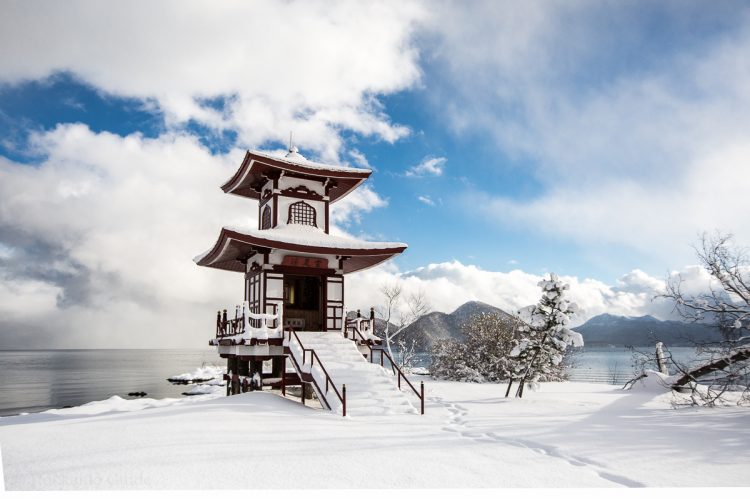
Ukimido Park
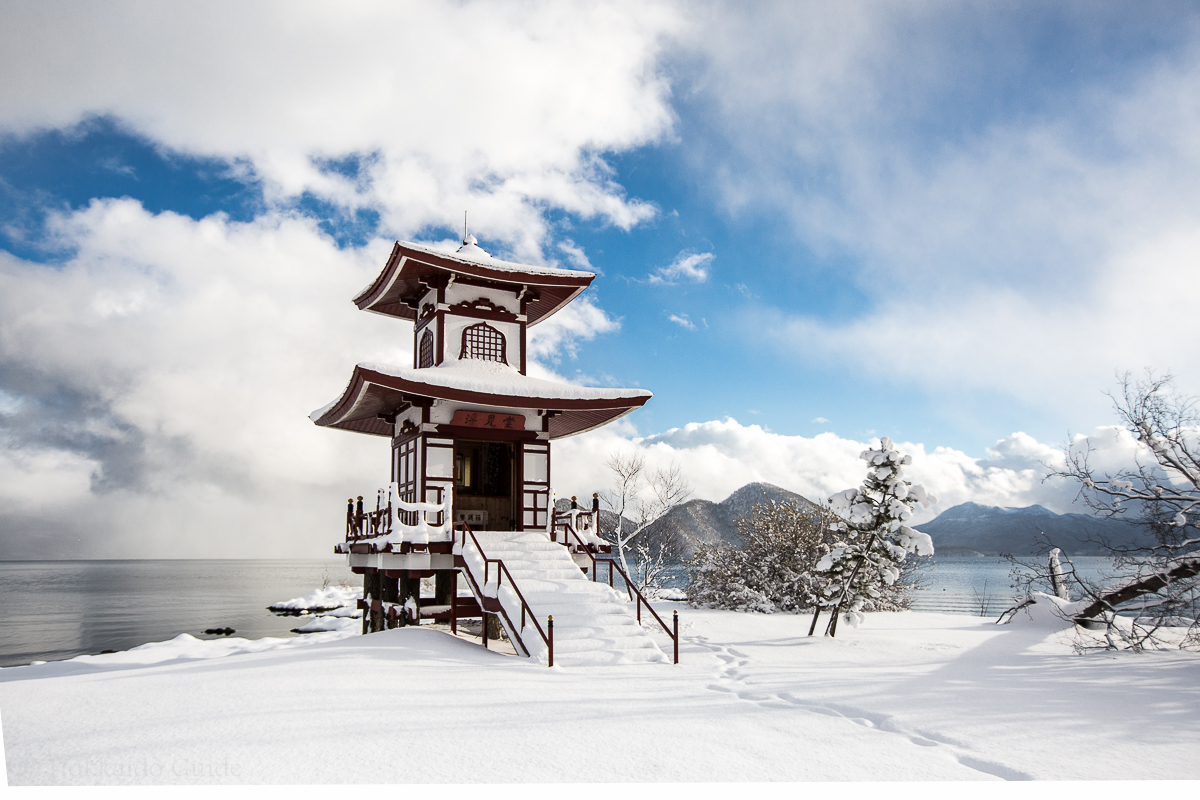
| Admission | Free admission |
| Opening Hours | - |
| Closed | - |
| Contact | 0142-82-5111 |
| Notes | Parking available Walking paths Sightseeing spot |
| Location / Getting There |
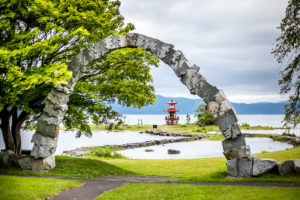 Ukimido Park is a great sightseeing spot and a good place to get some photos on the shores of Lake Toya. The park can be easily recognized by its stone sculptures and its small outcrop where the iconic shrine is located. The shrine, surrounded by the tranquil waters of Lake Toya make for a great photography opportunity, in any kind of season. The shrine is only a five minute walk from the main car park, which is located on the northern side of lake.
Ukimido Park is a great sightseeing spot and a good place to get some photos on the shores of Lake Toya. The park can be easily recognized by its stone sculptures and its small outcrop where the iconic shrine is located. The shrine, surrounded by the tranquil waters of Lake Toya make for a great photography opportunity, in any kind of season. The shrine is only a five minute walk from the main car park, which is located on the northern side of lake.
[the_ad id=”4264″]
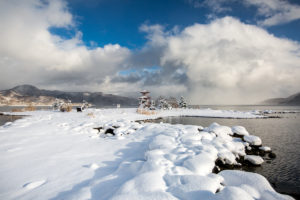 The park has paths that intertwine making for a pleasant walk through the warmer months. The park, as with most of the parks around Lake Toya, has large sculptures arranged around its grounds. The small island that the shrine is on, was once part of a hill that was formed when the caldera was formed 110,000 years ago. Ruins from this period, known as the Jomon period, can be found around this small island! The large car park that sits right next to the park has plenty of spaces so parking is not a problem.
The park has paths that intertwine making for a pleasant walk through the warmer months. The park, as with most of the parks around Lake Toya, has large sculptures arranged around its grounds. The small island that the shrine is on, was once part of a hill that was formed when the caldera was formed 110,000 years ago. Ruins from this period, known as the Jomon period, can be found around this small island! The large car park that sits right next to the park has plenty of spaces so parking is not a problem.
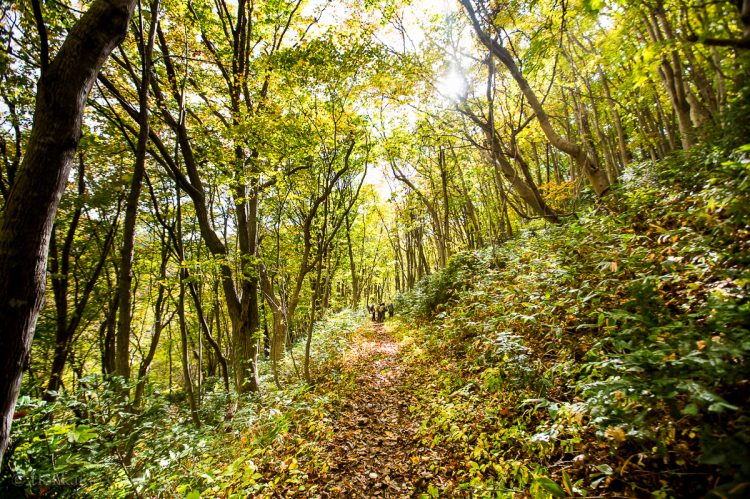
Mt. Haruka
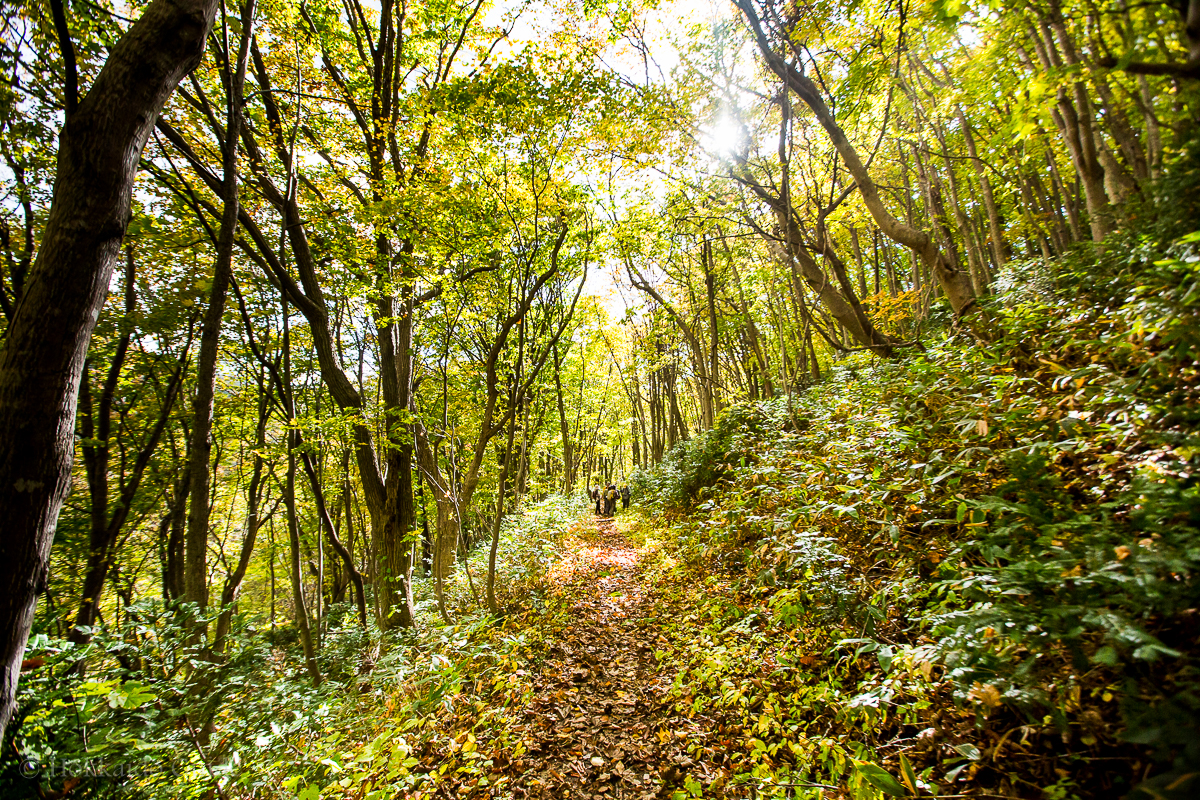
| Height | 907m / 2962ft |
| Length | 12km round trip |
| Hiking Time | Winter - 4 hours to summit Summer - 3 hours to summit |
| Notes | Cabin available (booking required 011-571-5111) Overnight stay ¥800 per person |
| Location / Getting There | Take the National Road 5 国道5号線, 30 minute drive from Sapporo. 30 minute walk to trail head from Zenibako station. Jozankei, Minami Ward, Sapporo, Hokkaido 061-2301 |
Cool sights along the path
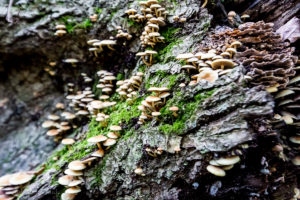
[the_ad id=”4264″]
Ginjinso cabin
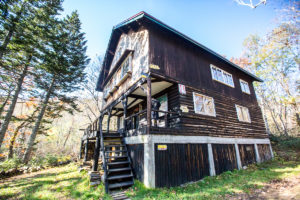
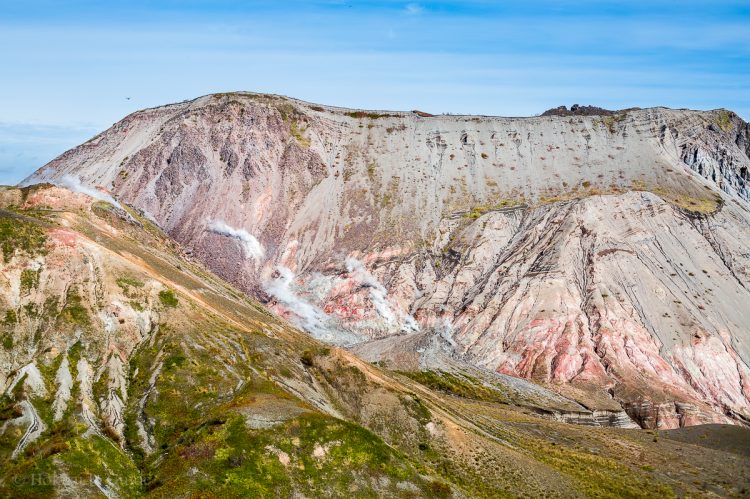
Mt. Usu
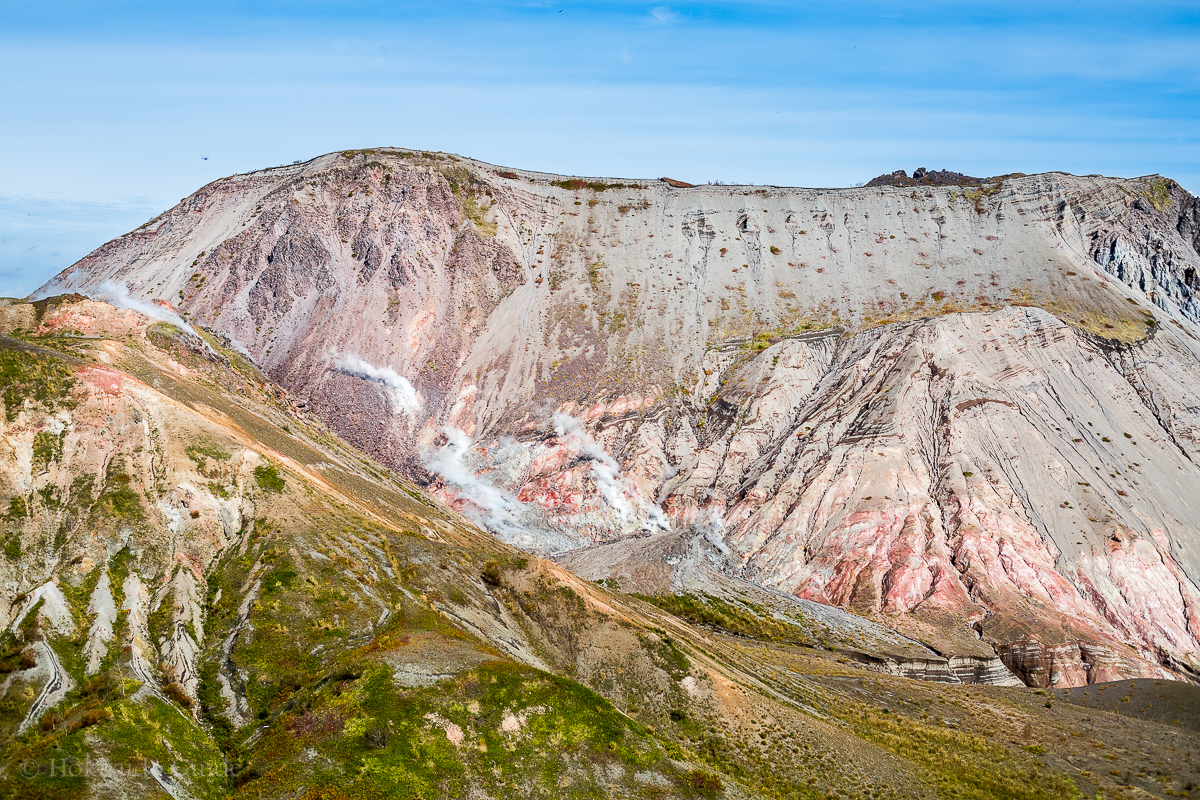
| General Admission | Ropeway ¥1600 - Adults ¥800 - Children |
| Opening Hours | 8:30 - 17:00 (During winter, the ropeway stops 1 hour earlier) |
| Closed | - |
| Contact | 0142-75-2401 |
| Notes | 400 car parking spots : ¥500 40 bus parking spots : ¥2000 40 minutes to Usu Observation deck Restaurants and shops at bottom of ropeway |
| Location / Getting There | From JR Toyako station, take the Donan Bus bound for Toyako Onsen. (15 min.) Get off at the Toyako Onsen Bus Terminal. Change buses to Showa Shinzan and get off at last stop (15 min.) *No bus service to Showa Shinzan in winter. 2 and a half hour drive from Sapporo city. 184-5 Aza Showa Shinzan, Sobetsu-cho, Usu-gun, Hokkaido, Japan 052-0102 |
The ropeway up overlooking Shōwa-Shinzan
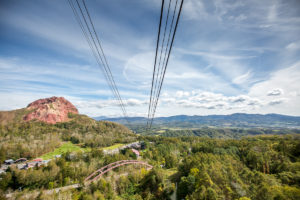
[the_ad id=”4264″]
Path along the basin crater
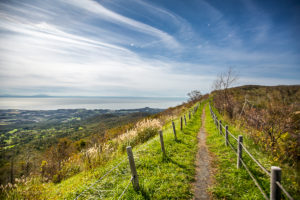
Volcano Village
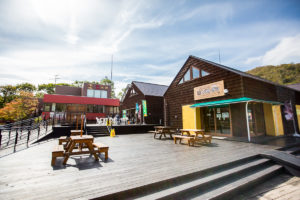
Restaurant Funka-tei 9:00 - 15:00 Soba noodle and curry restaurant 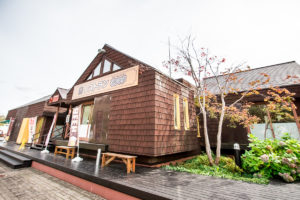
Volcano Ramen 10:00 - 15:00 Ramen noodle shop
Village Store
Shopping9:00 - 18:00 Summer
9:00 - 16:00 WinterSouvenir Shops
Hinokuniya
Honpo Shopping9:00 - 19:00 Summer
9:00 - 16:00 WinterSouvenir Shops 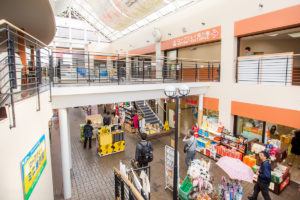
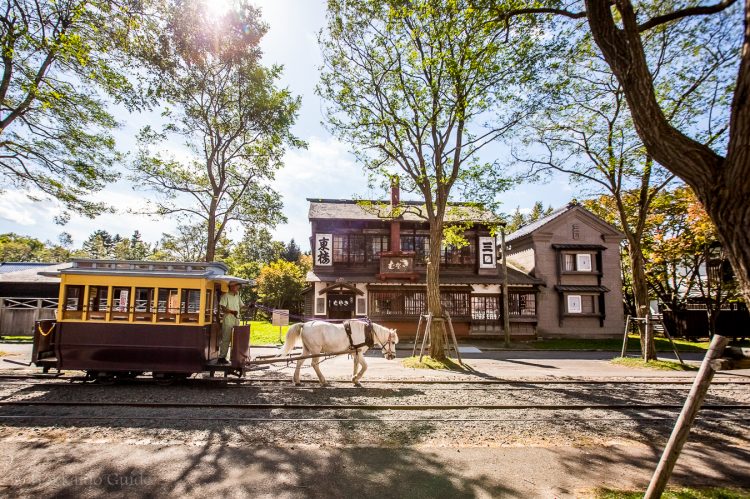
Historical Village of Hokkaido
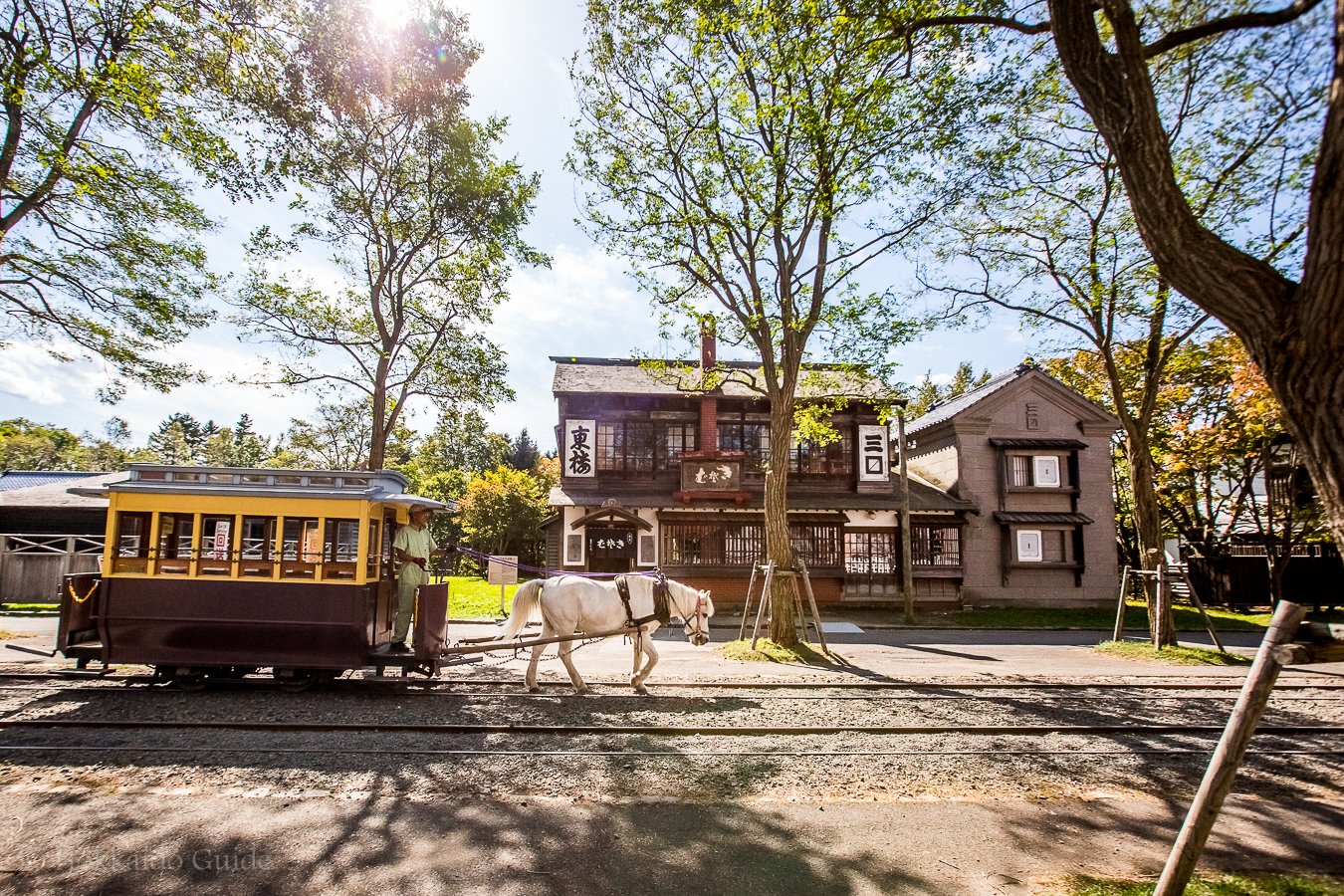
| Admission | ¥800 - Adults (15-64) ¥700 - Adults groups (10 people or more) ¥600 - College & High school students ¥500 - College groups (10 people or more) Free - seniors (over 65) and children (under 14) |
| Opening Hours | 9:00 - 17:00 (May - Sep) 9:00 - 16:00 (Oct - Apr) |
| Closed | Mondays* December 29th - January 3rd *if Monday is a public holiday, Tuesdays will be closed |
| Contact | 011-898-2692 http://www.kaitaku.or.jp/ |
| Notes | Free parking Bus access Located near Hokkaido Historical Museum Located near Centennial Memorial Tower |
| Location / Getting There | Take JR & Tozai Line (Subway) to Shin Sapporo station. Change bus bound for [No.22 Kaitakunomura] (15min) to last bus stop. 40 minute drive from Sapporo station. 60 minute drive from Chitose airport. Konopporo 50-1,Atsubetsu-cyo,Atsubetsu-ku |
The front entrance
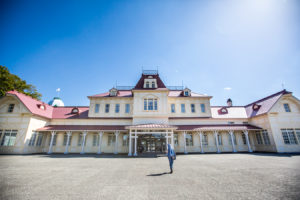
[the_ad id=”4264″]
One of the menu wax dioramas
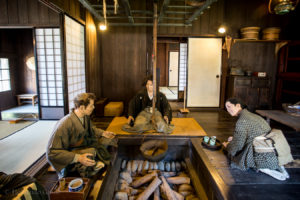
To get to the Historical Village, it is a forty minute drive from Sapporo Station. Take route 12 heading to Ebetsu. Alternatively you can take a train or subway and then take the bus. Take the JR train to Sapporo Station, or you can take the subway from Odori along the ‘Tozai line’ (orange line) to Shin Sapporo station. From Shin Sapporo station, take the No.22 bus to Kaitakunomura bus stop (last stop), which is at the Historical Museum. For bus timetables, see below.
Shin Sapporo Station to
Kaitakunomura8:23
9:15
10:00
10:45
11:30
12:15
13:00
13:45
14:30
Kaitakunomura to
Shin Sapporo Station9:45
10:30
11:15
12:00
12:45
13:30
14:15
15:00
15:45
16:30
17:15
17:40
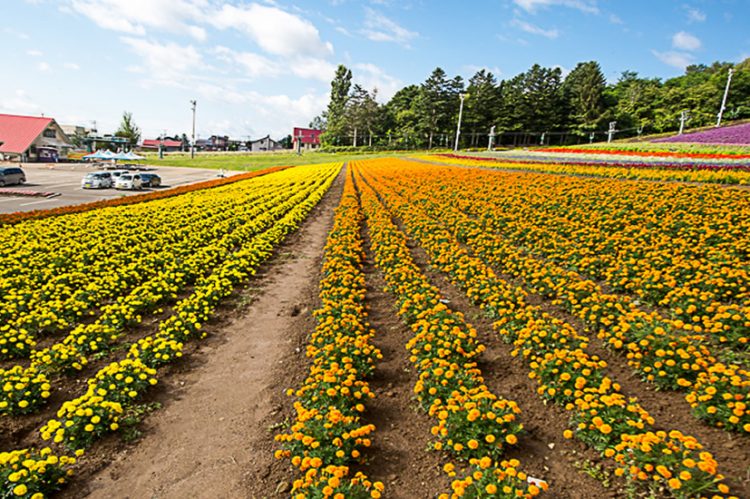
Choei Lavender Farm & Nakafurano Flower Park
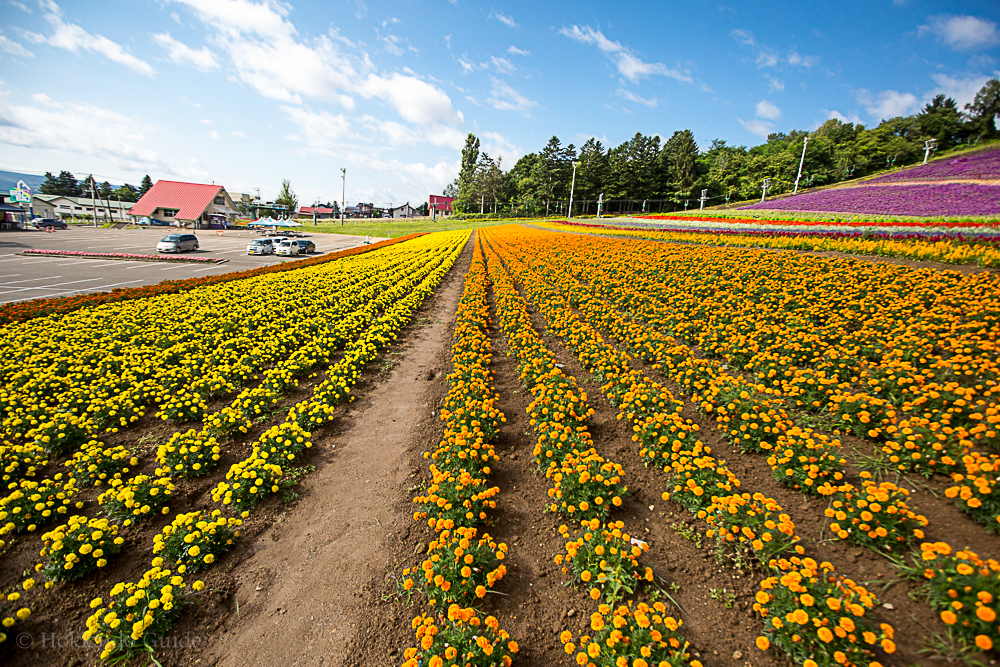
| Admission | Free |
| Opening Hours | 9:00 - 17:00 June to mid August |
| Closed | Winter |
| Contact | 0167-44-4488 |
| Notes | Best viewing times from July to early August Restaurant on site, Kirara Toilets on site Free parking Wi-fi Shops - lavender goods, light snacks, soft creams |
| Location / Getting There | 13 minute drive from Furano station 12 minute walk from Lavender Farm station. JR line 2-1 Miyamachi, Nakafurano, Sorachi District, Hokkaido 071-0753 |
Stunning views
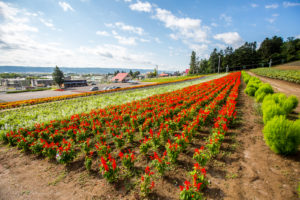
Ski lift prices
Cost per person ¥400 adults
¥200 children
Opening Hours 9:00 - 17:00
June 23rd to August 31st
Closed -
Notes No pets allowed
- Lookout tower
- Map
- Flower gardens
- Souvenir stalls
- Fountain at the gardens
- Restaurant from the lookout
- Views from Kirara
- Choei Lavender Farm
[the_ad id=”4264″]
Flower park
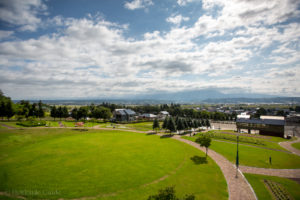
Pricing Guide
(Avg. cost per person)¥600 - ¥1200
Opening Hours 10:00 - 16:00
Contact 0167-44-4488
Closed -
Notes Non smoking
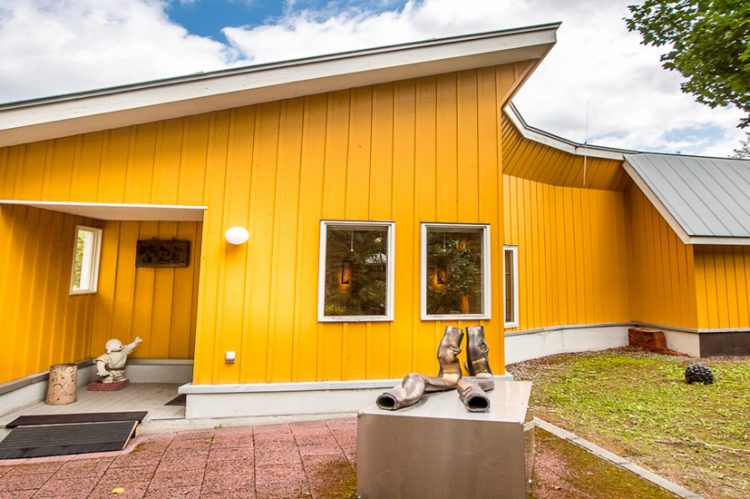
Kaiku Kiln Museum
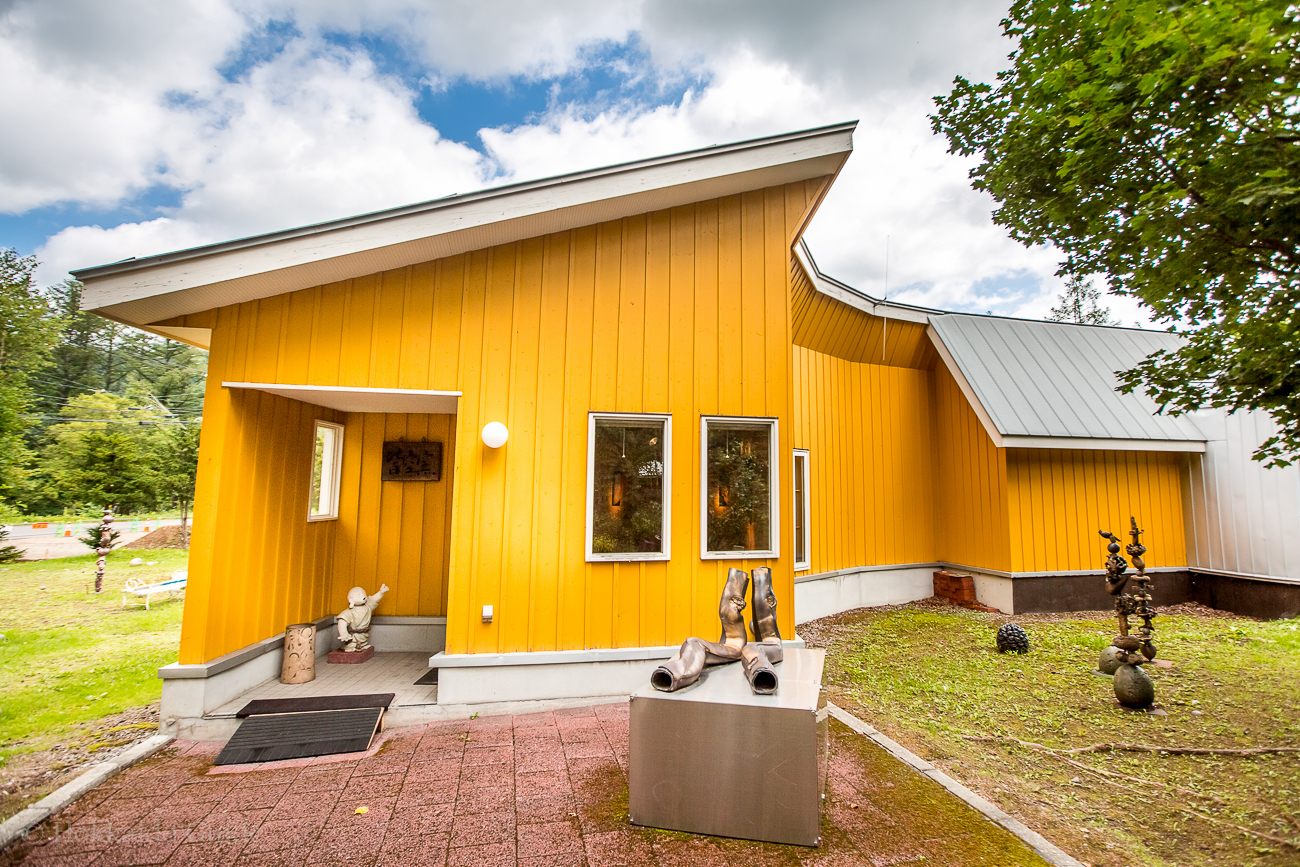
| Admission | Free |
| Opening Hours | 8:30 - 17:00 |
| Closed | Tuesdays *Open every day in July & August |
| Contact | 0166-94-3354 http://www.kaikukiln.com/ |
| Notes | Free parking No photos allowed inside Ceramics for sale |
| Location / Getting There | 20 minutes by car from JR Biei Station. 20 minutes by Dohoku Bus from in front of Biei Station. Shirogane, Biei-cho, Kamikawa-gun, Hokkaido |
One of the many sculptures
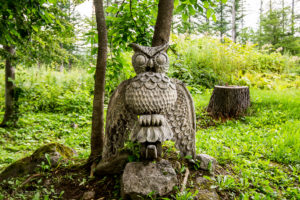
[the_ad id=”4264″]
One of the buildings
